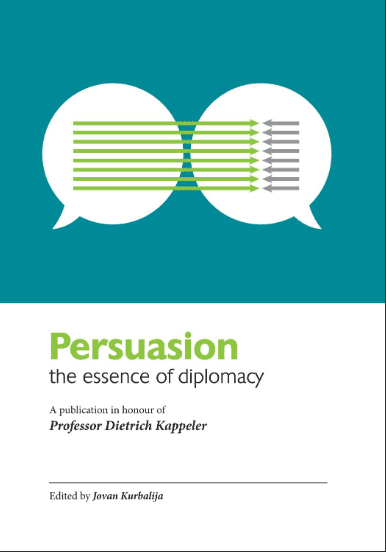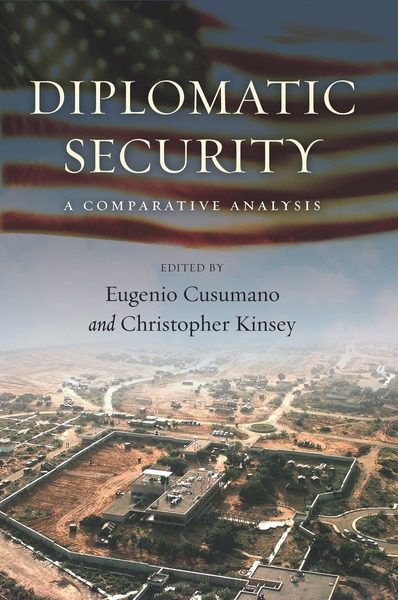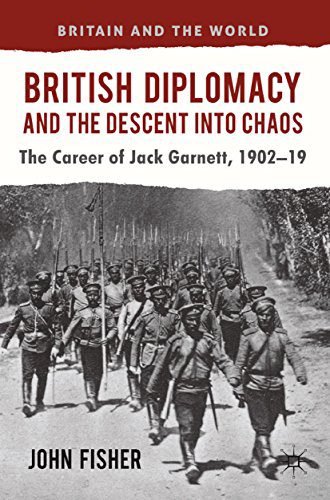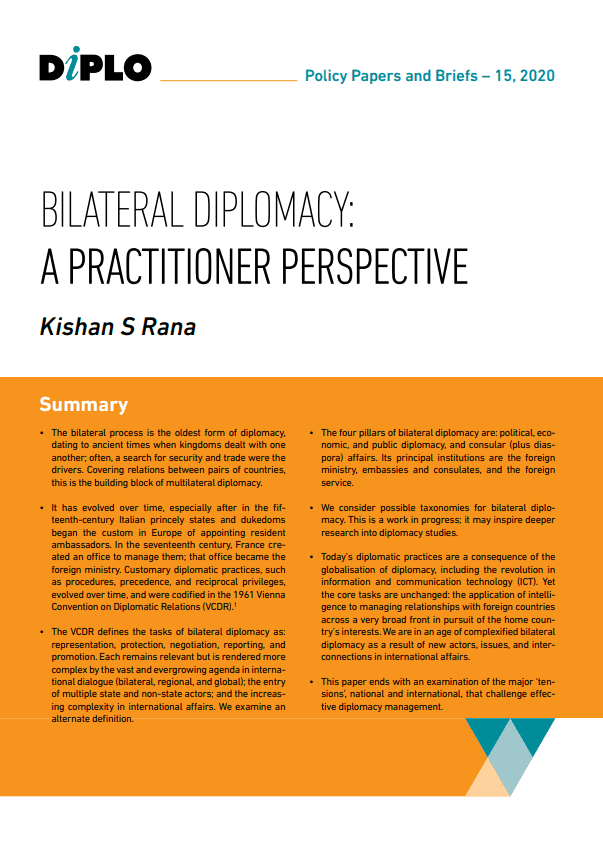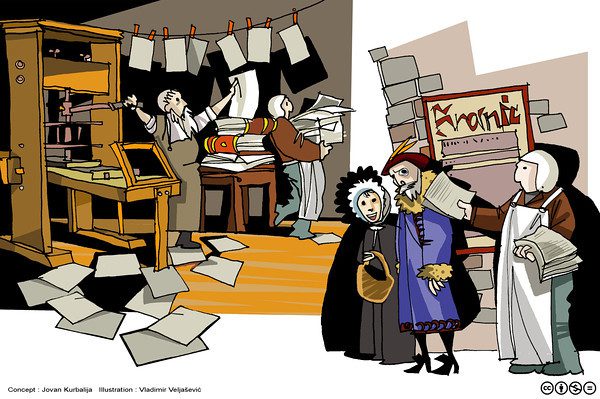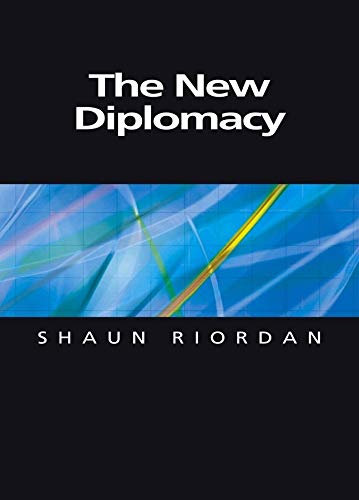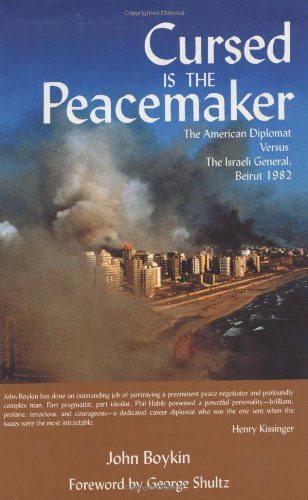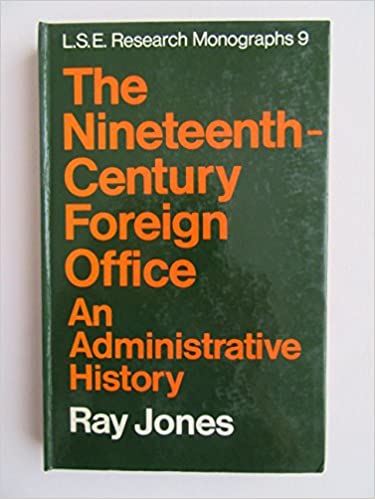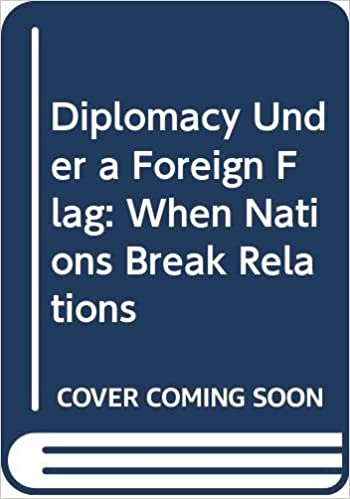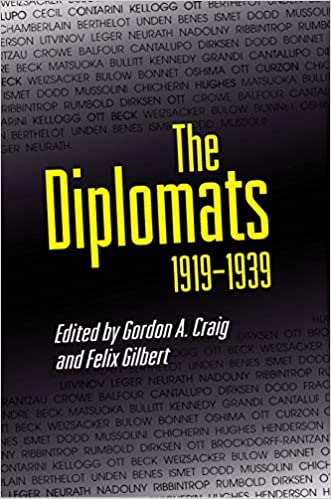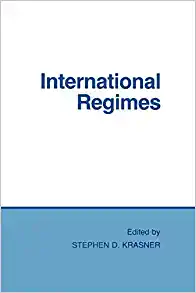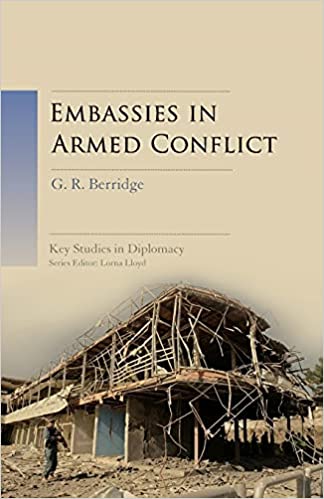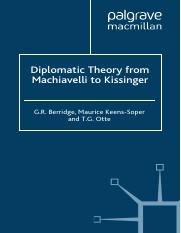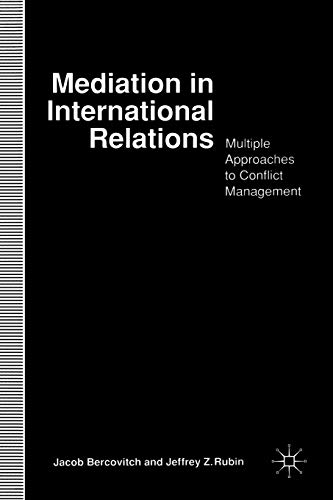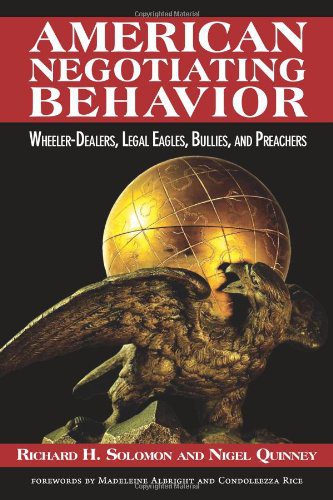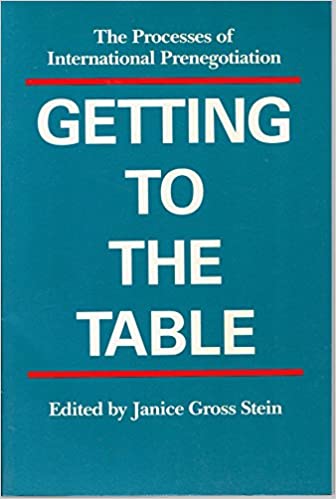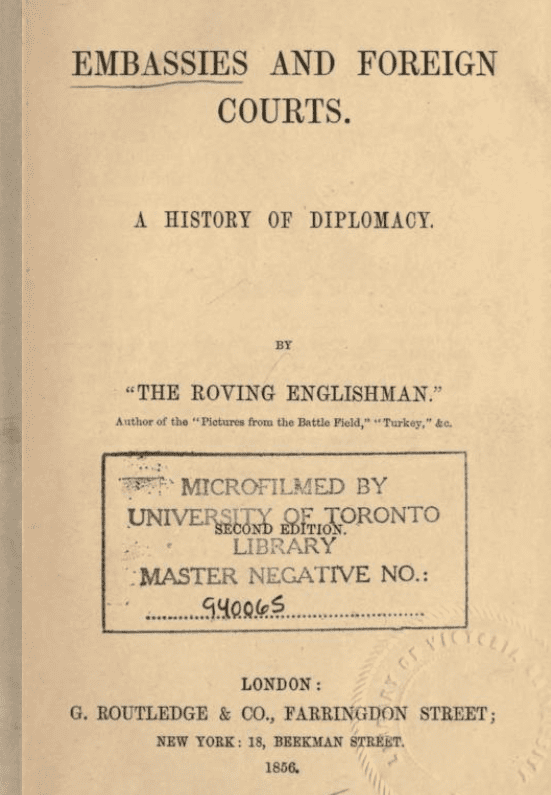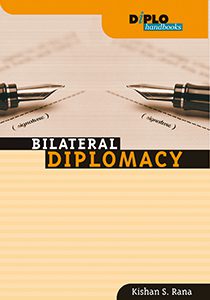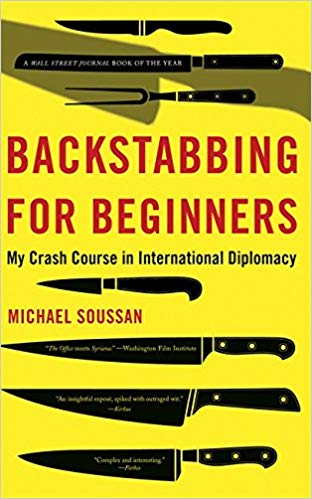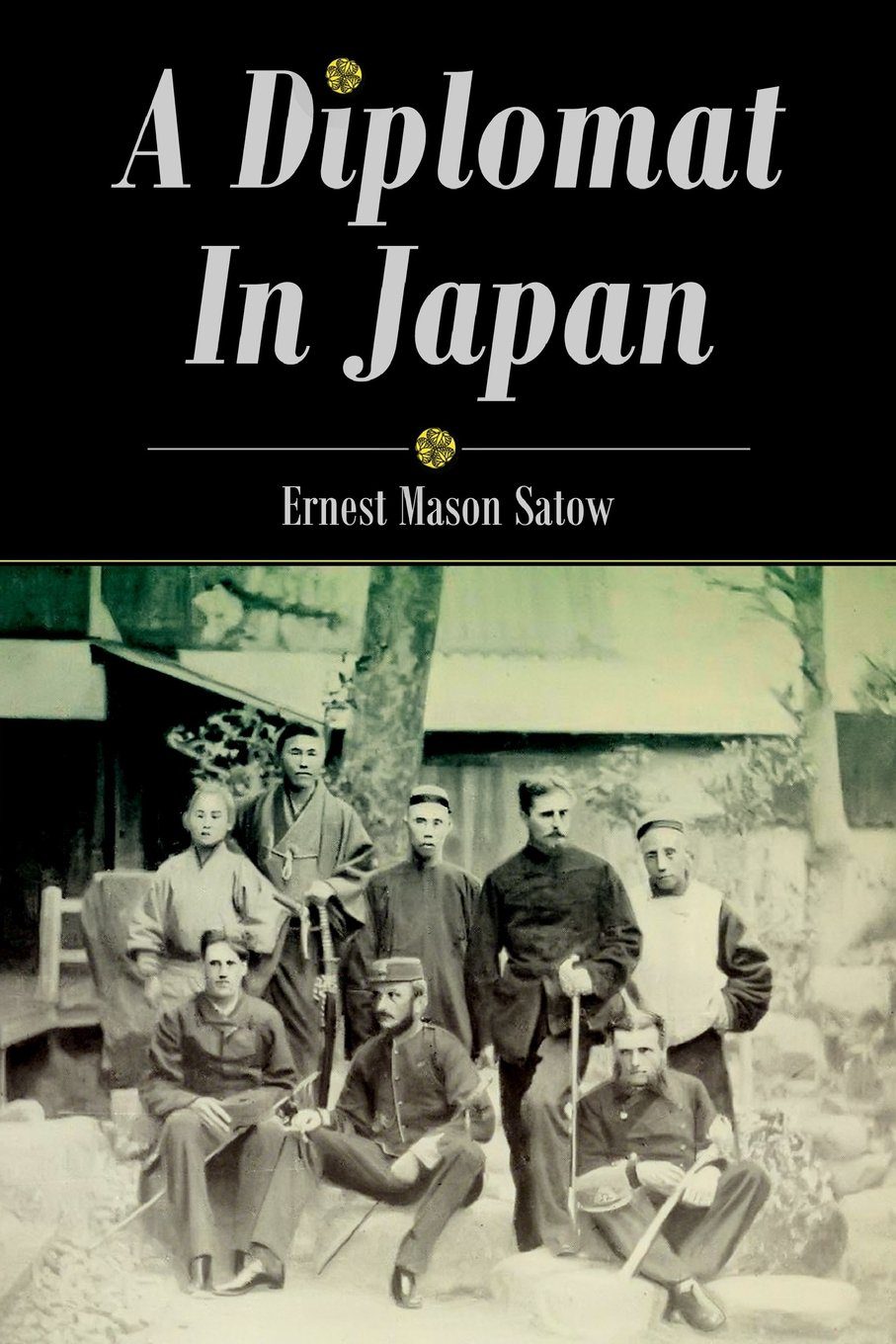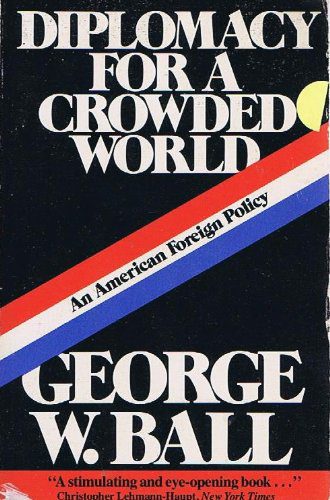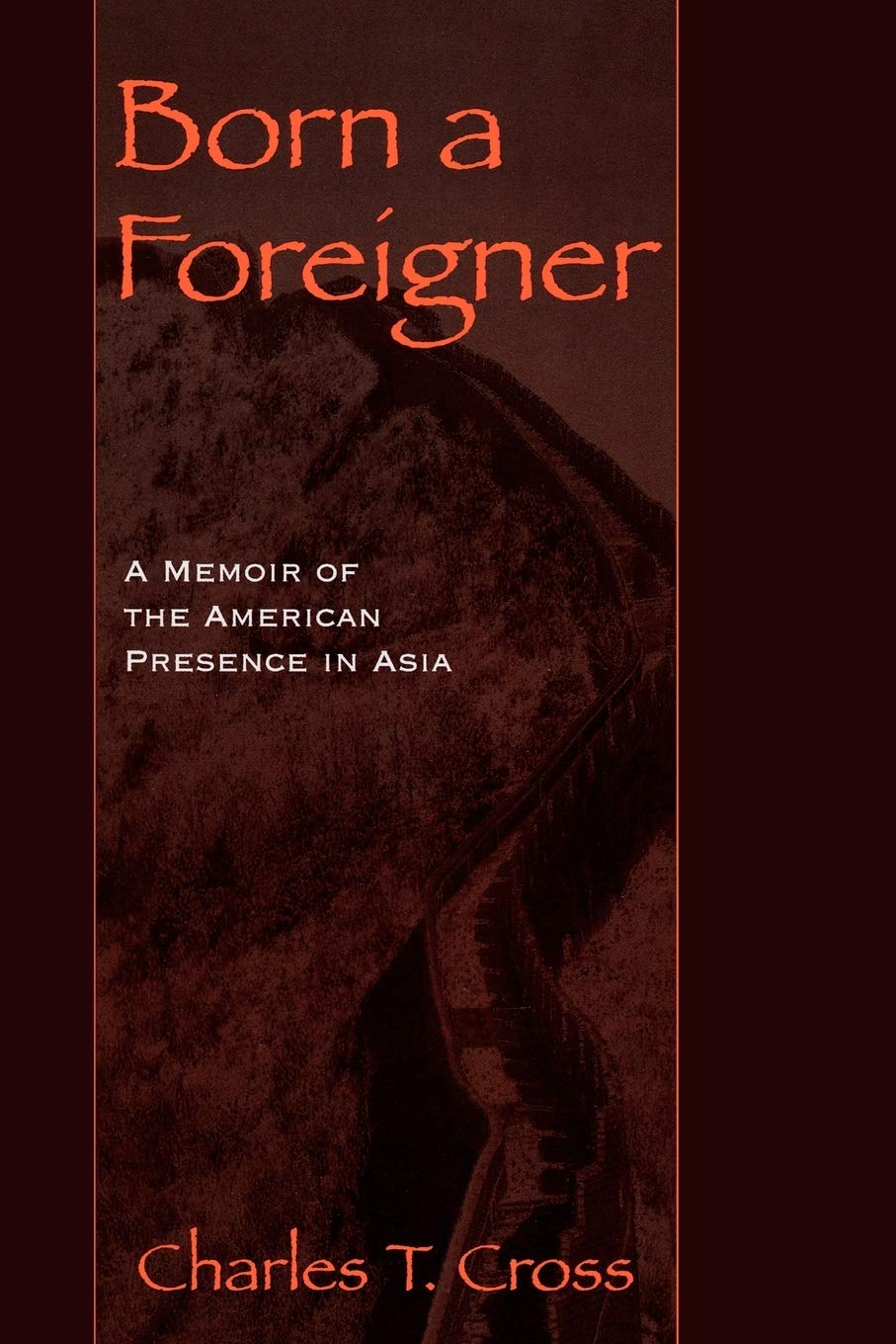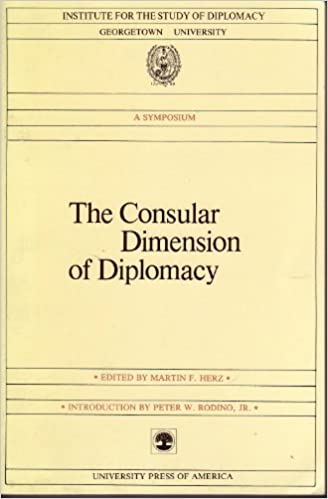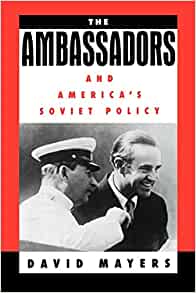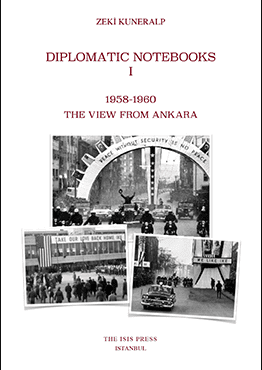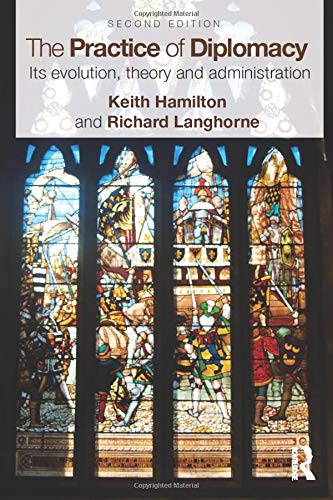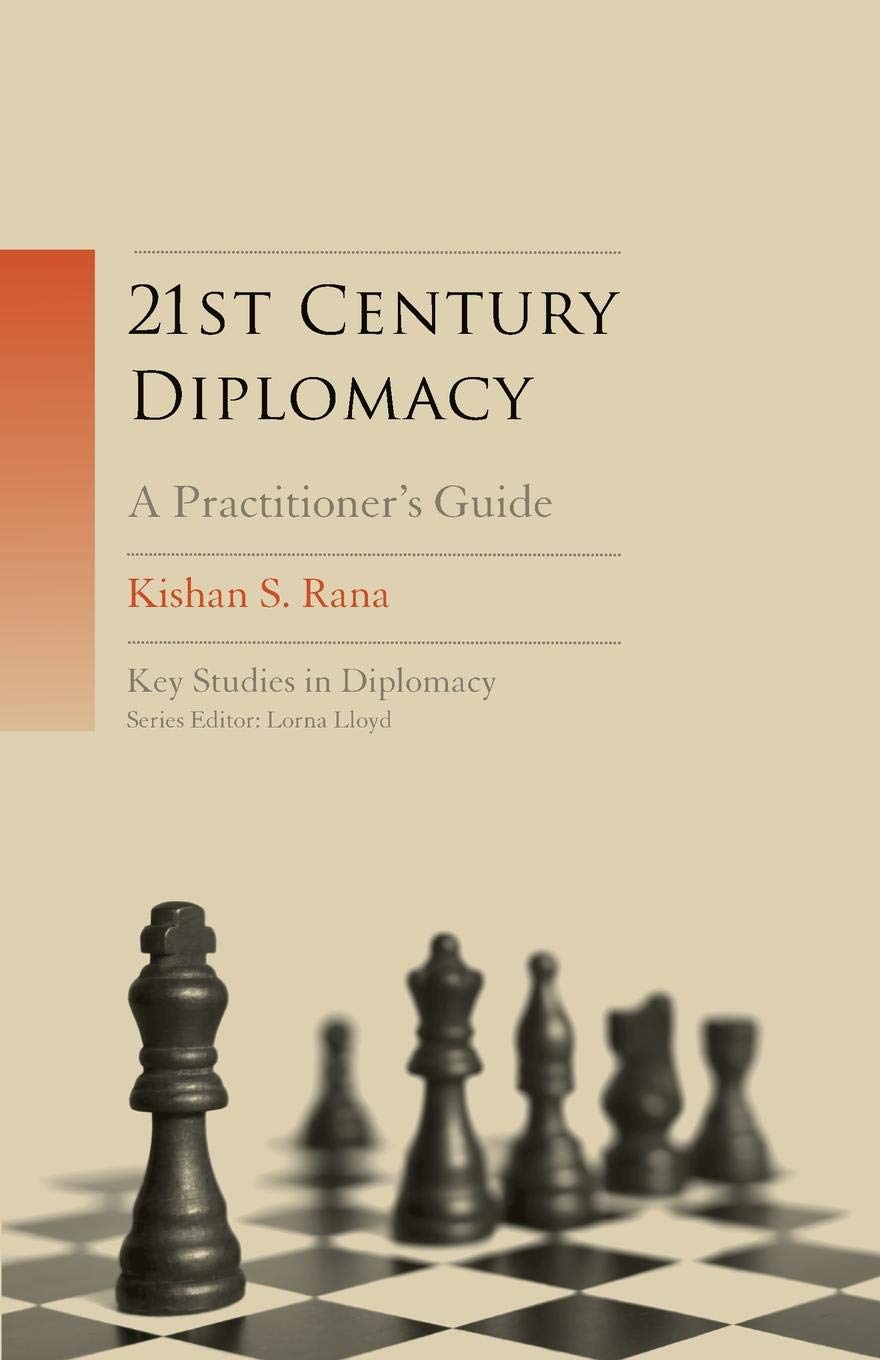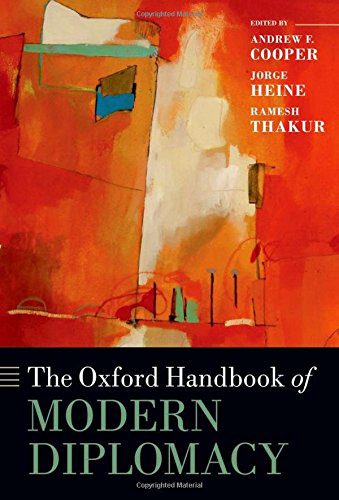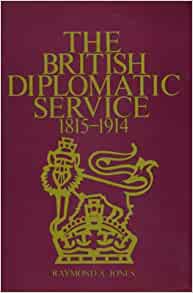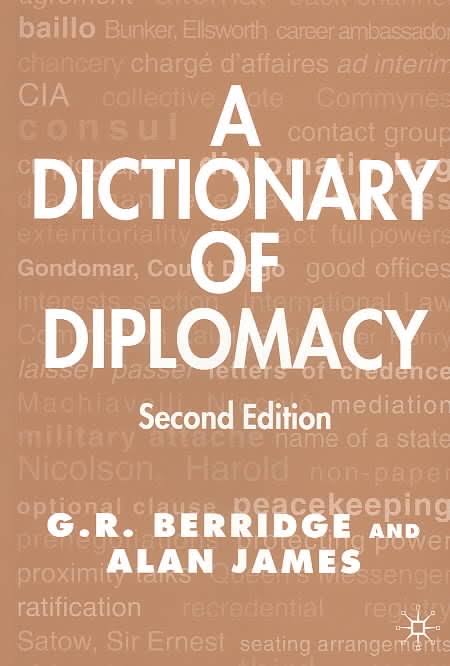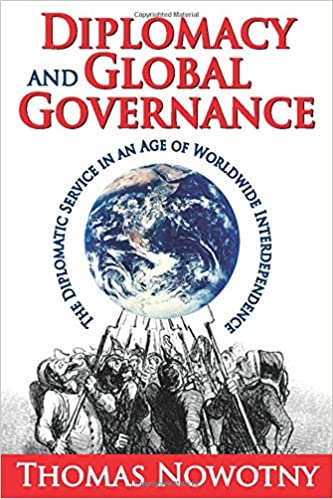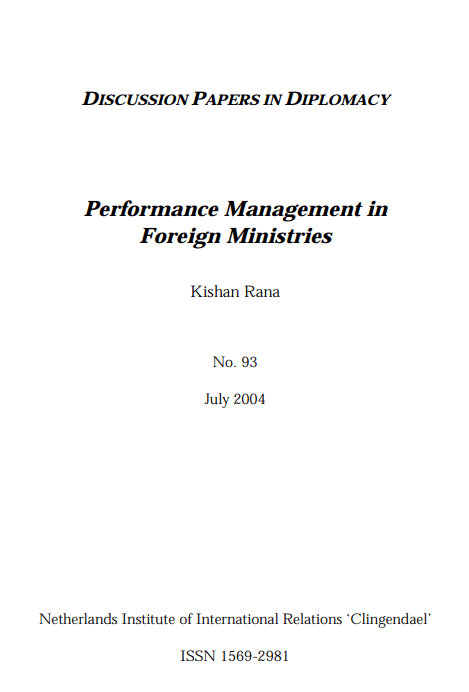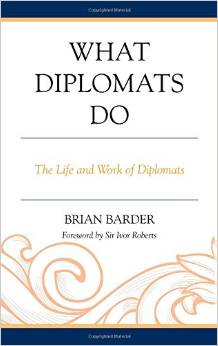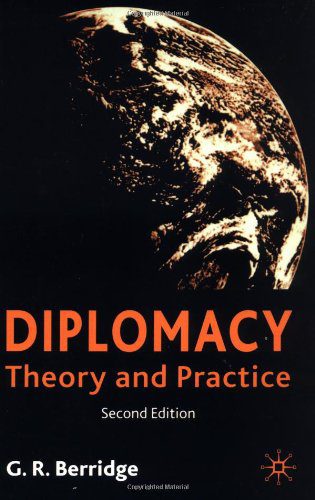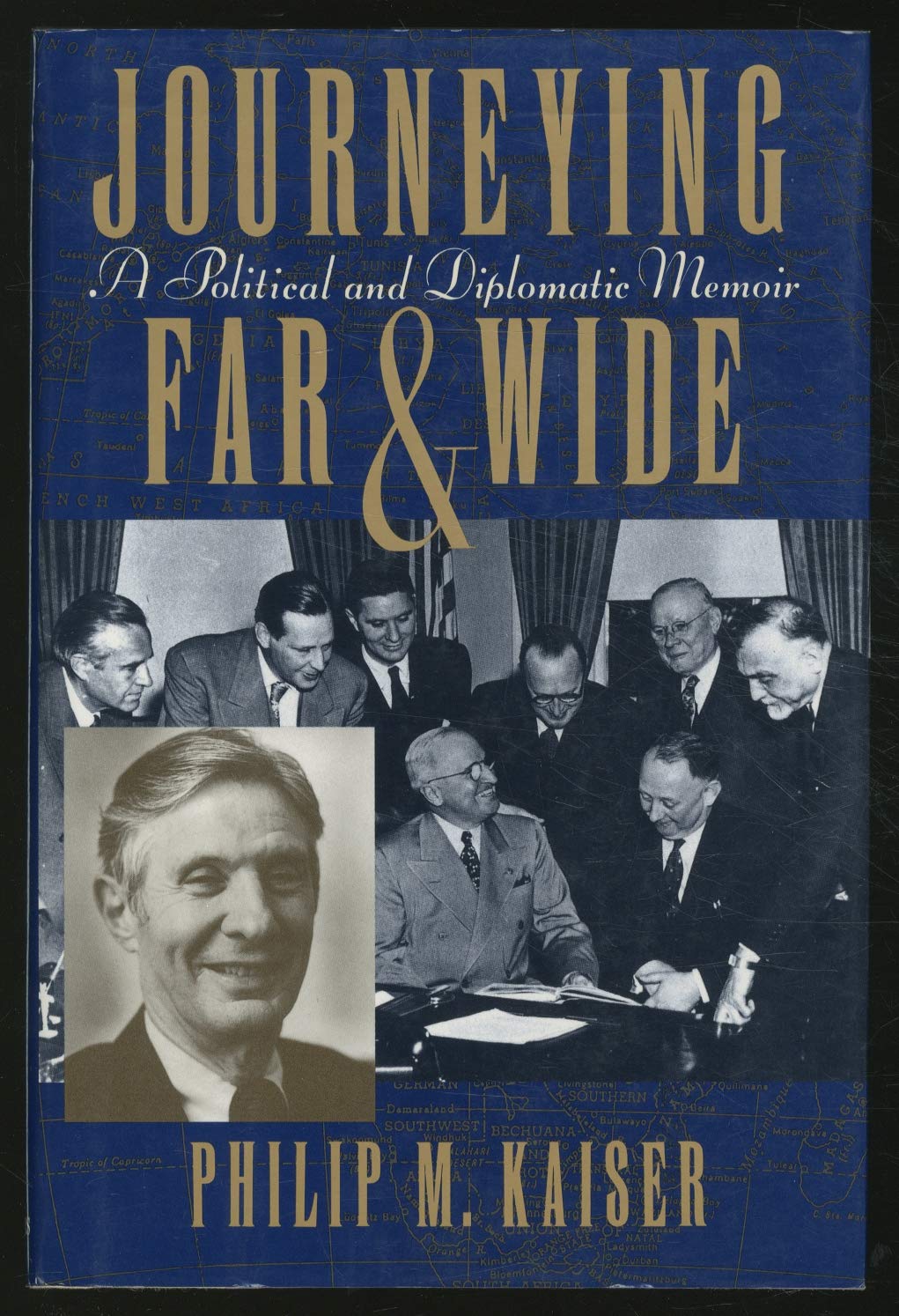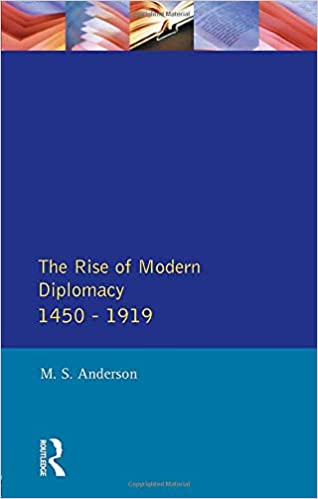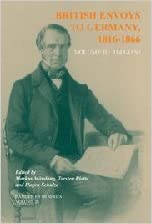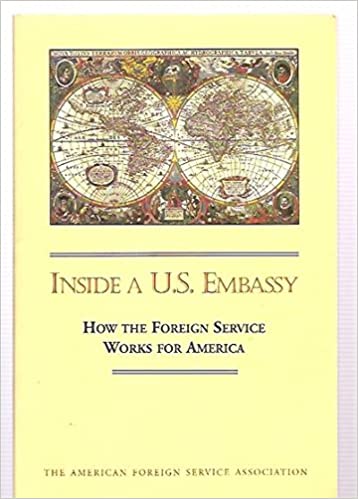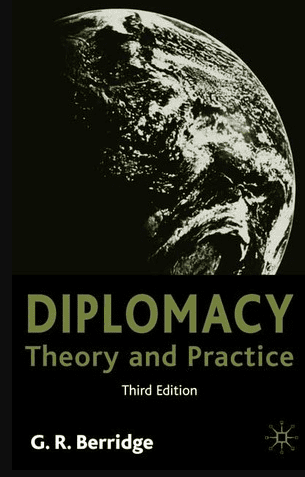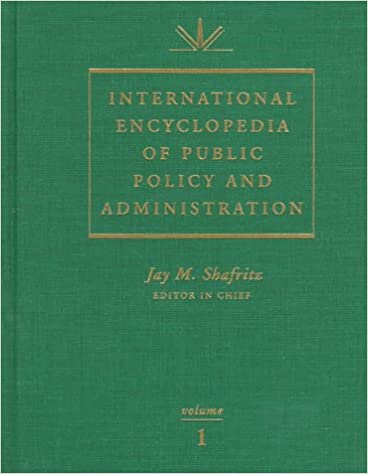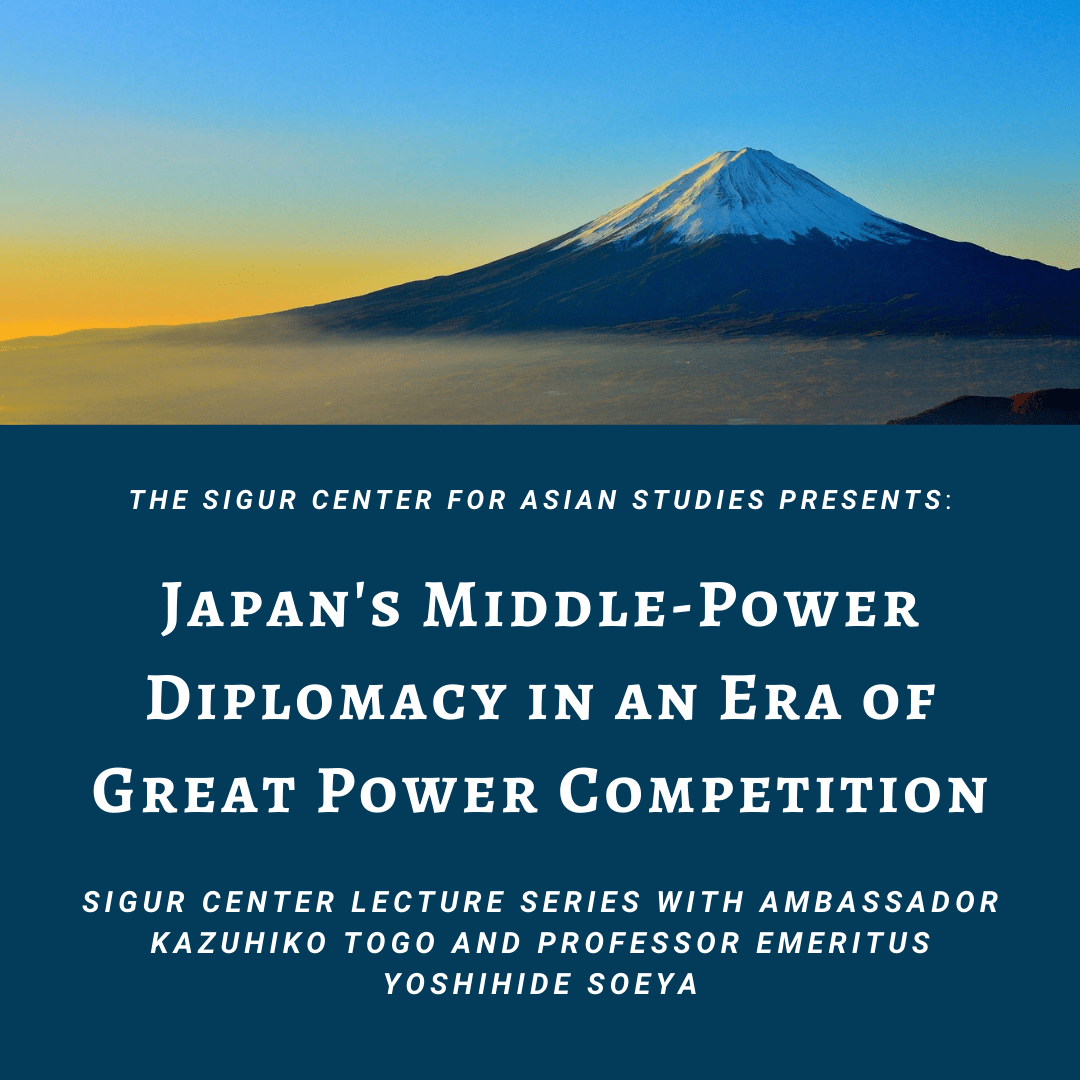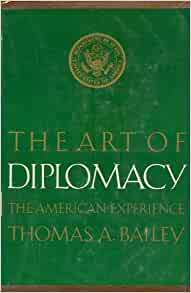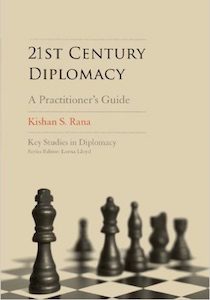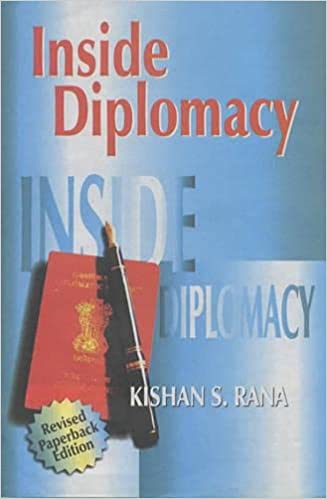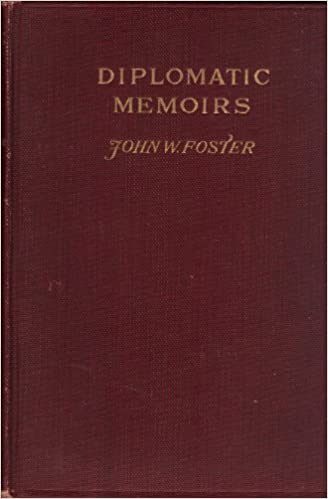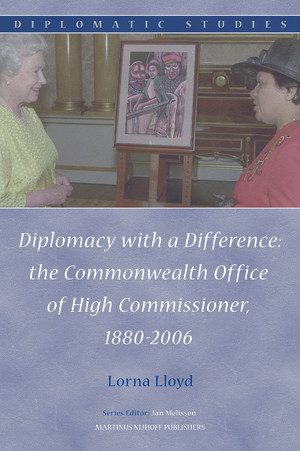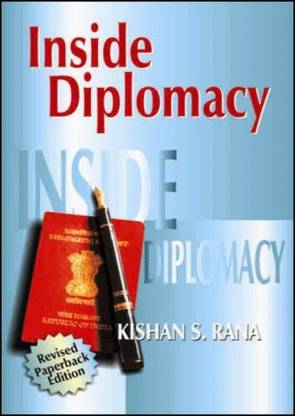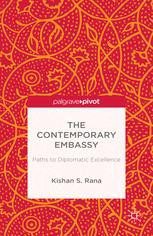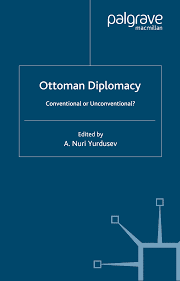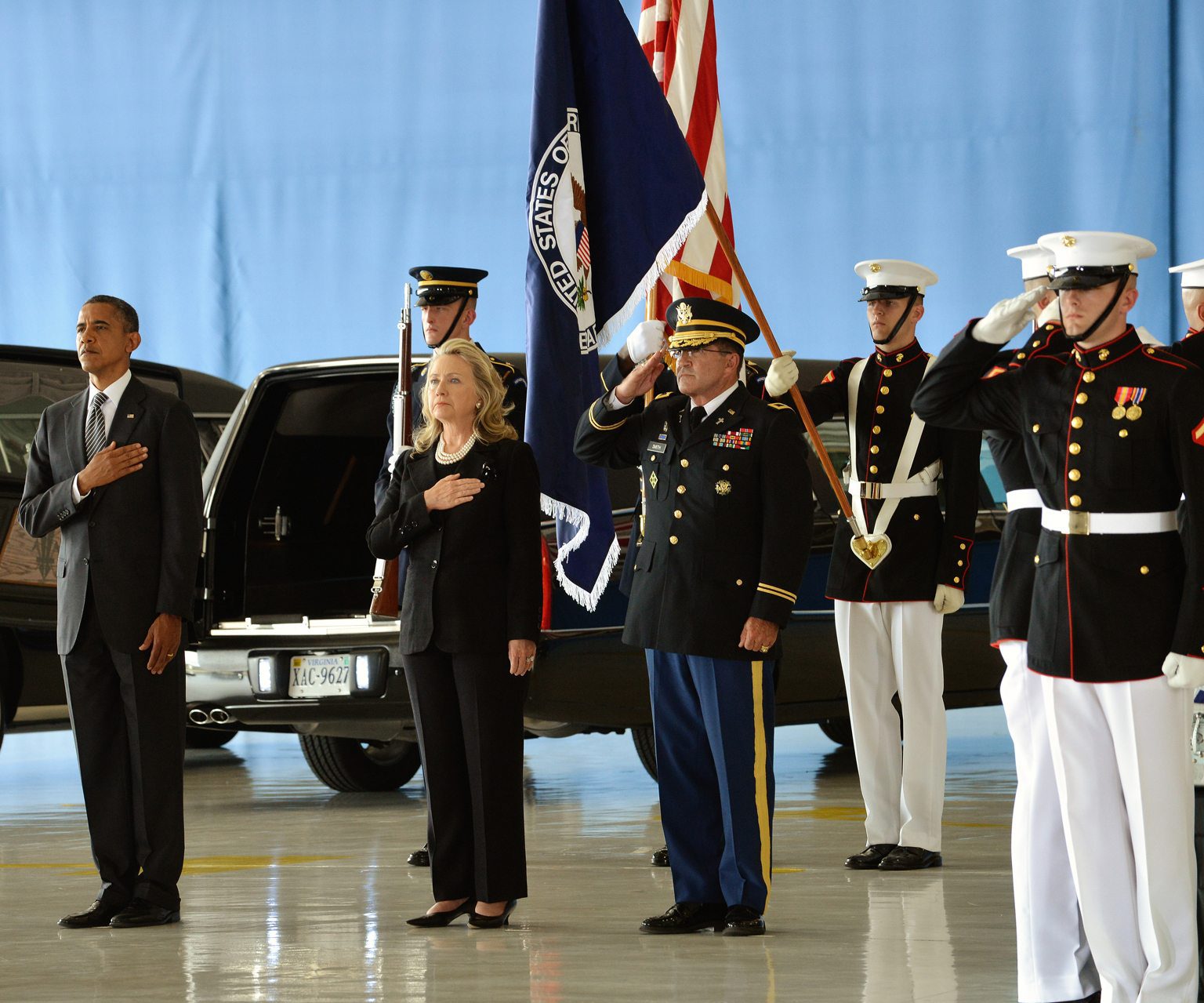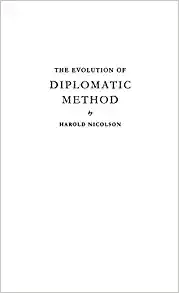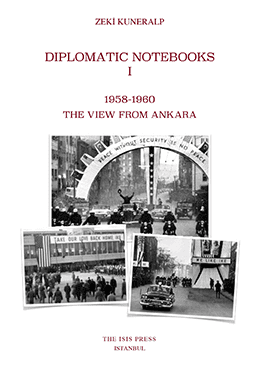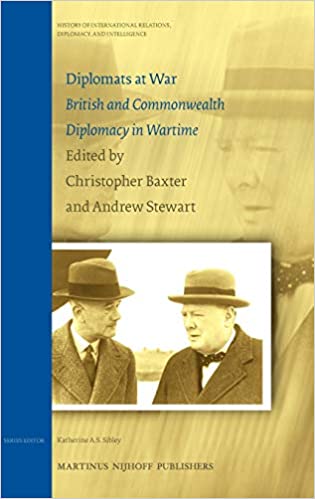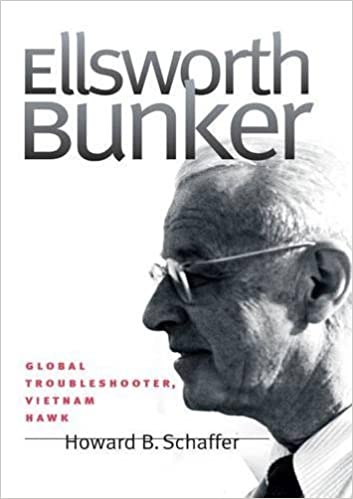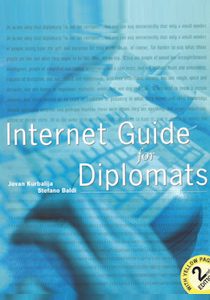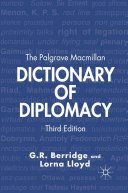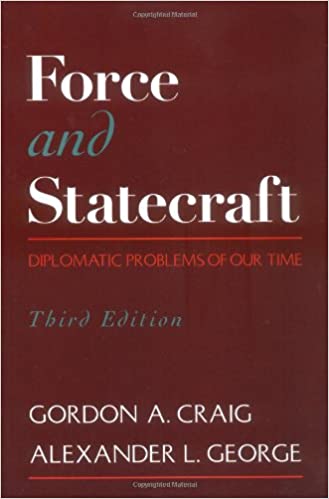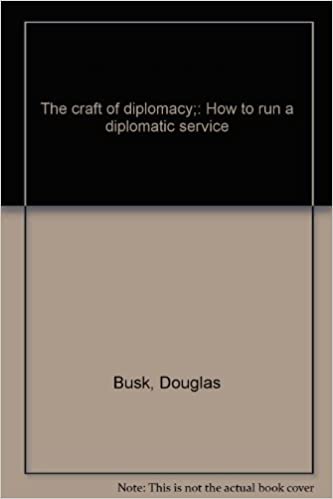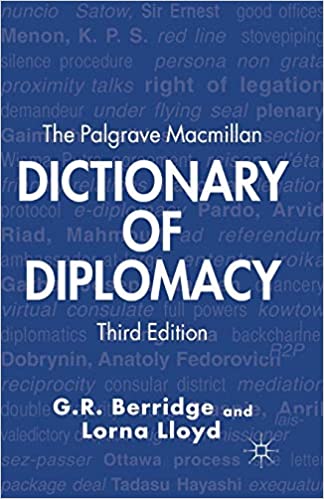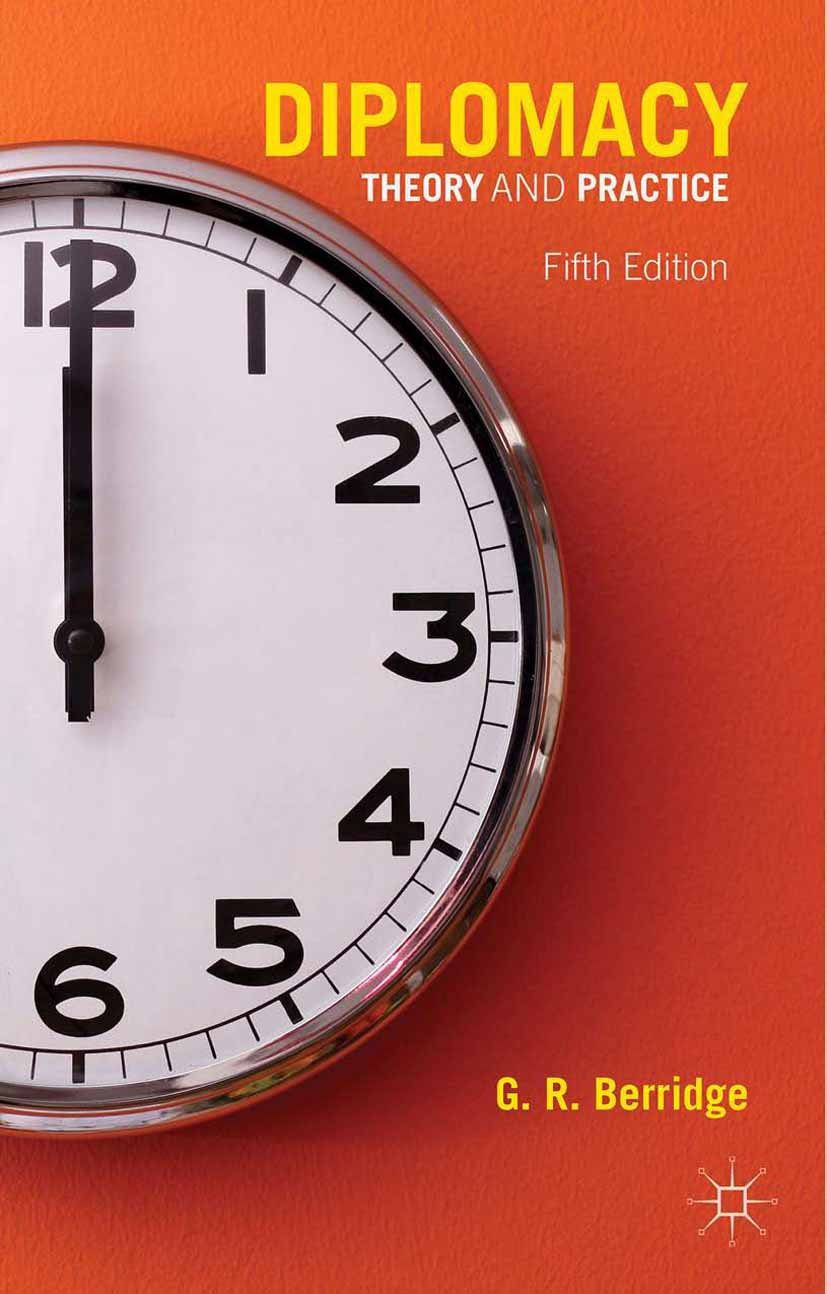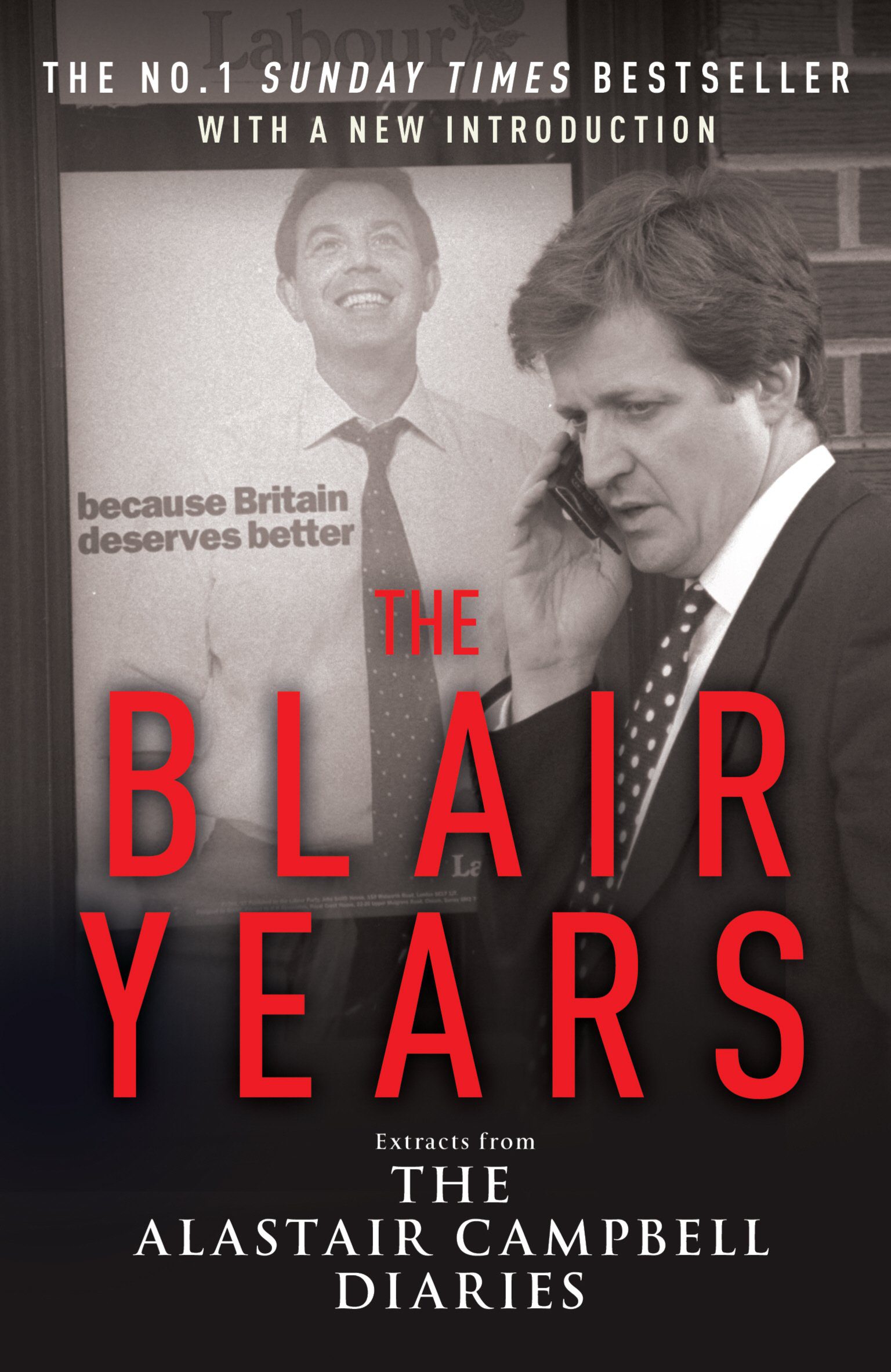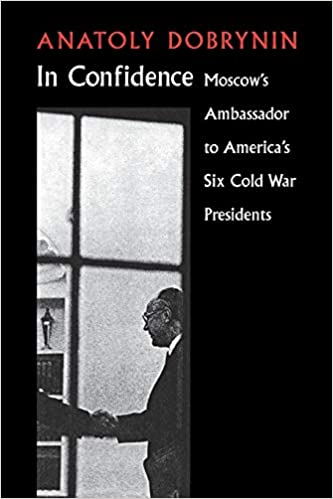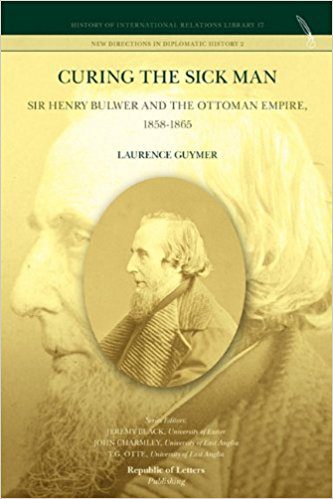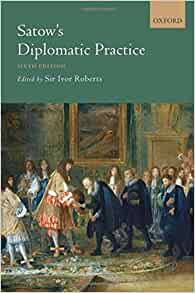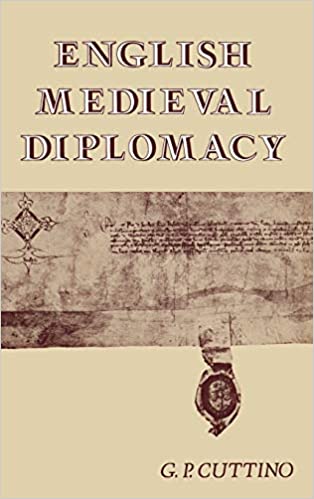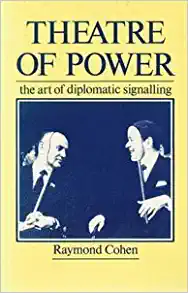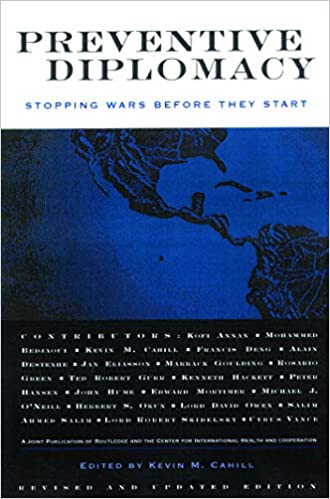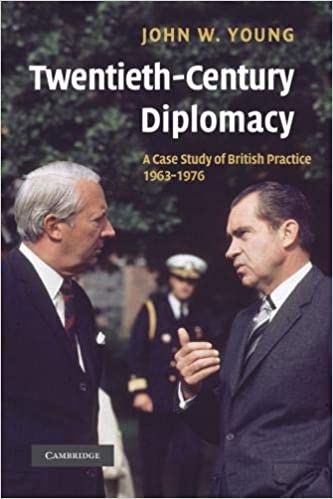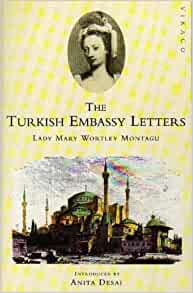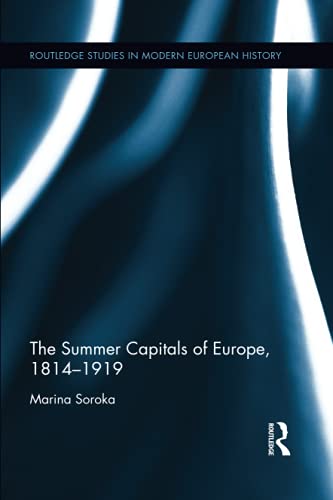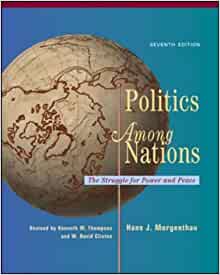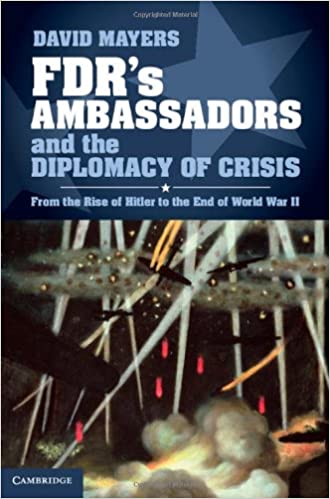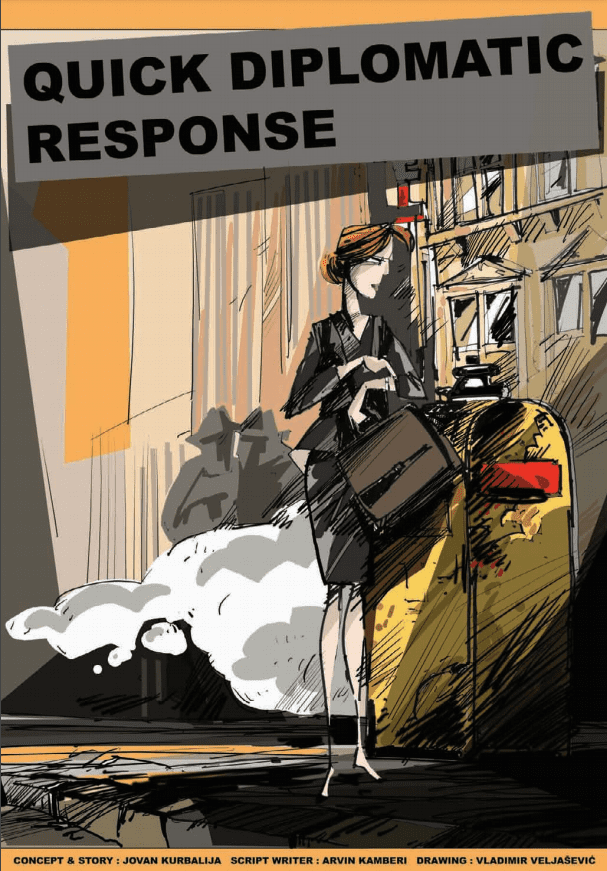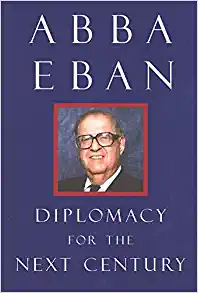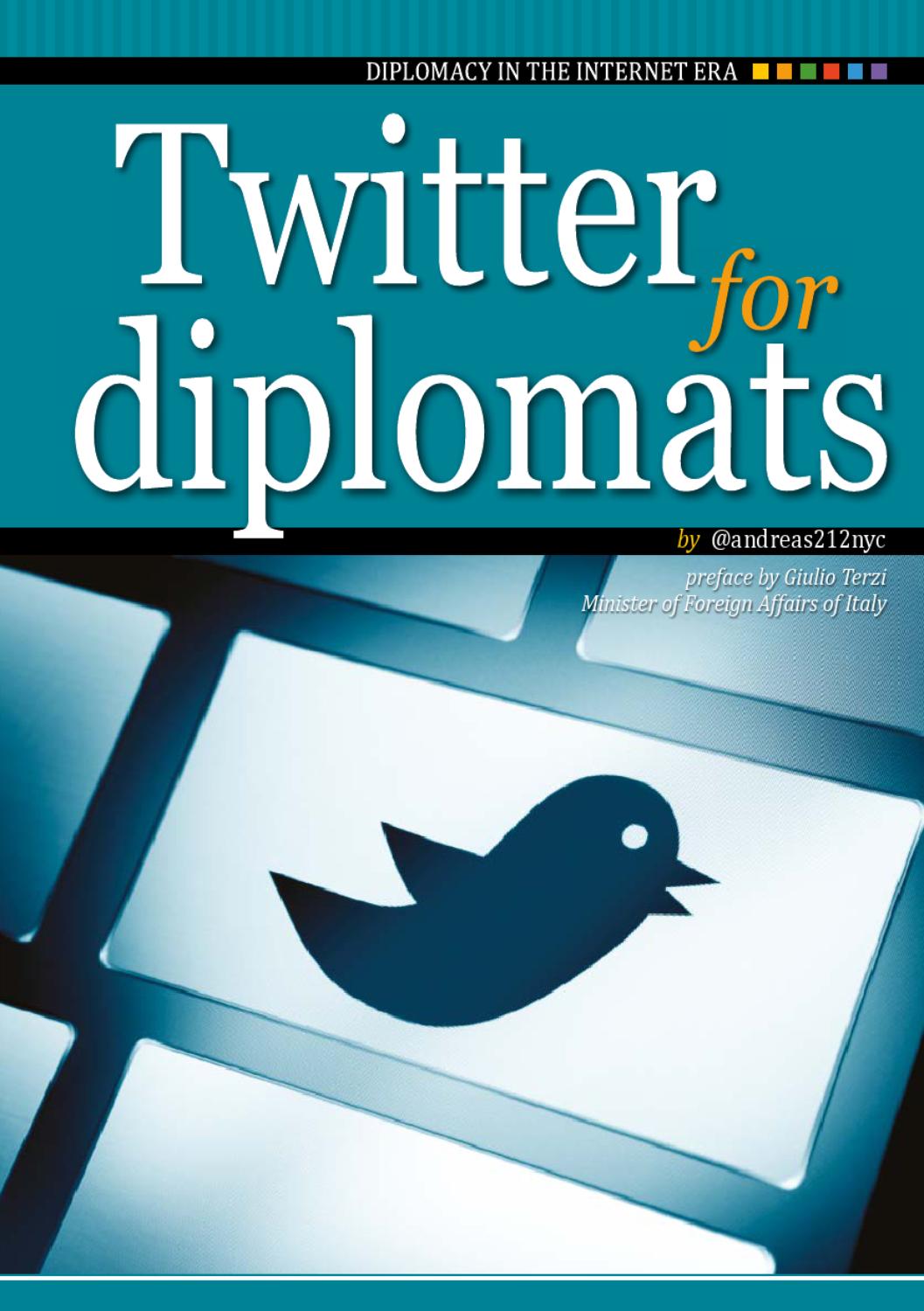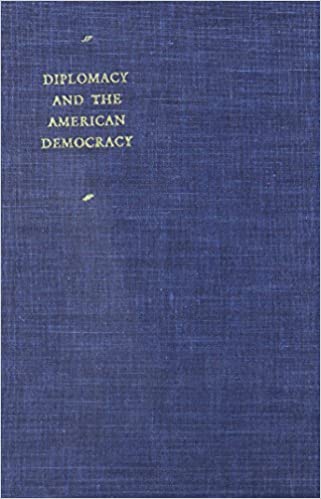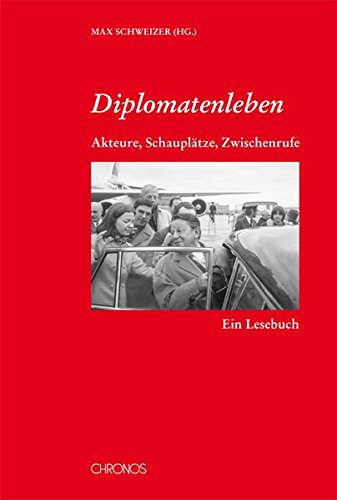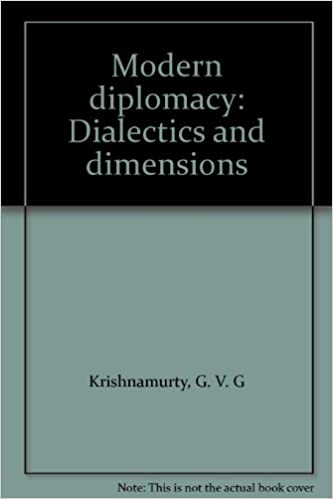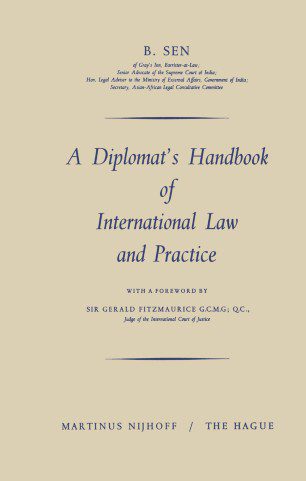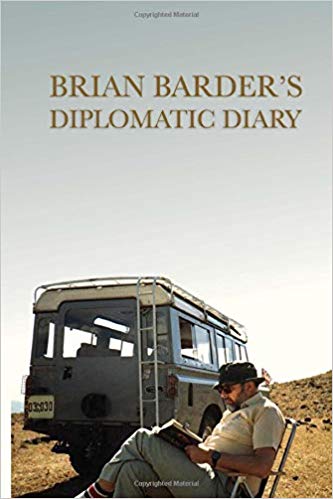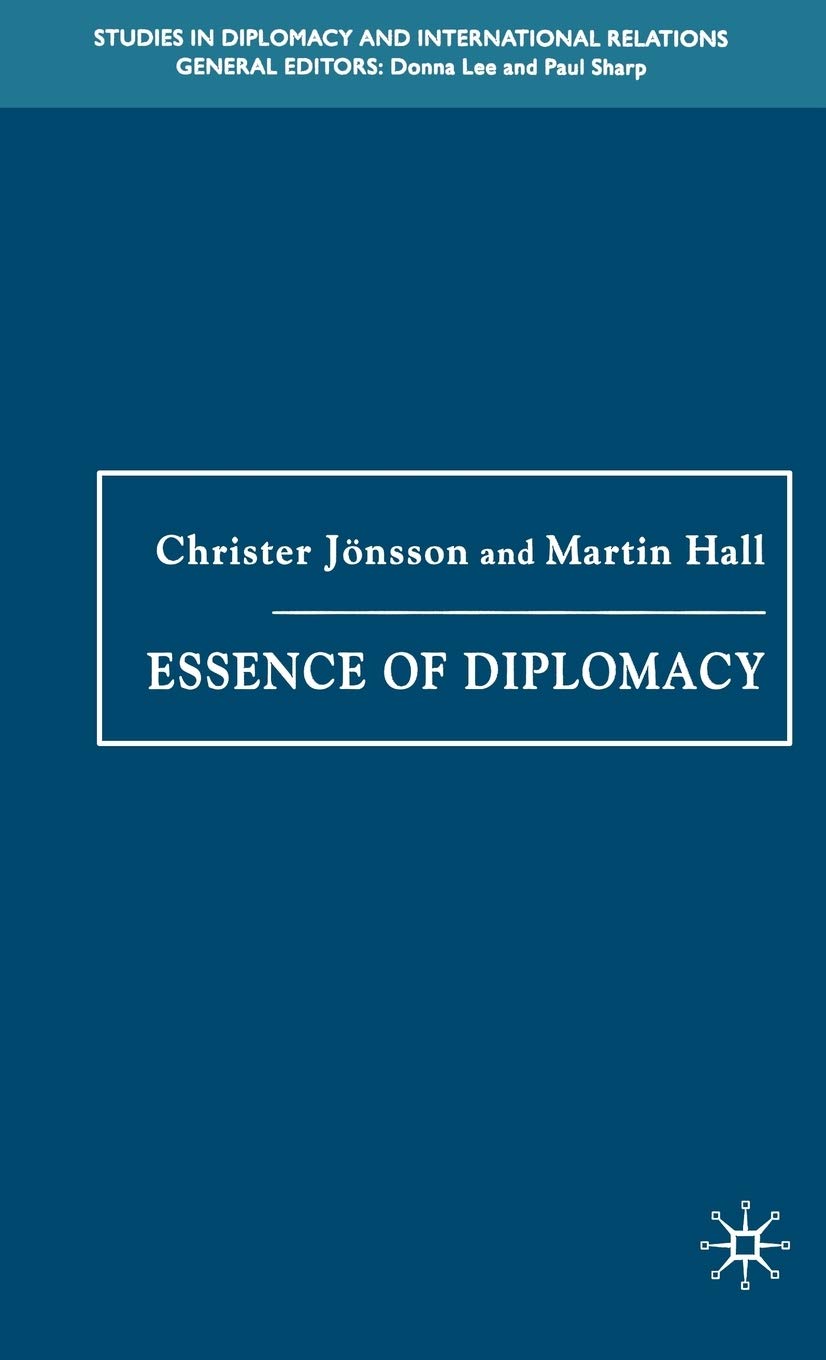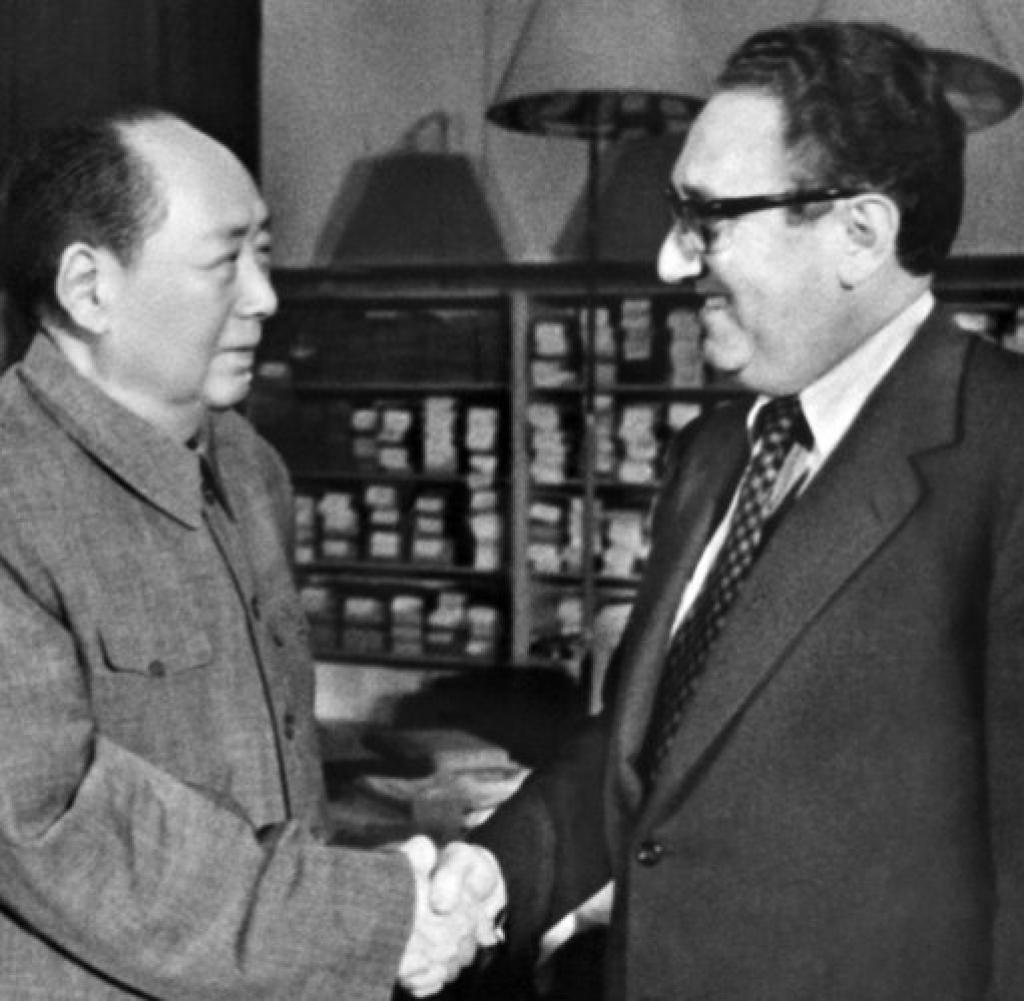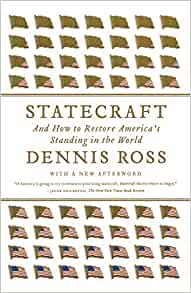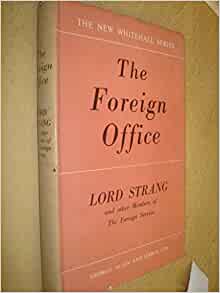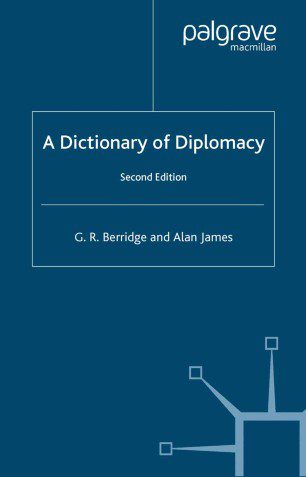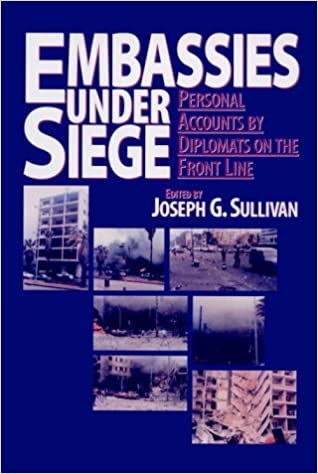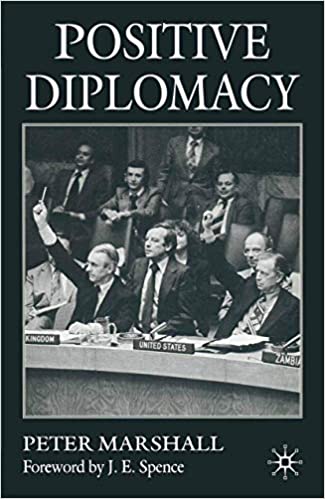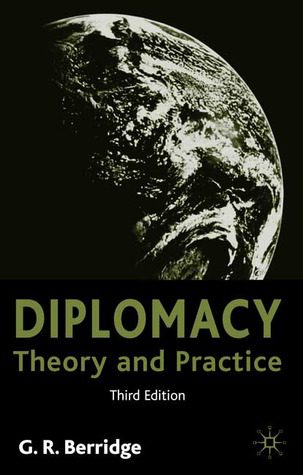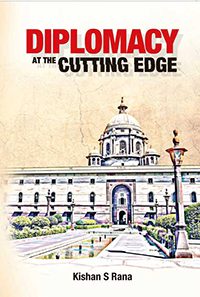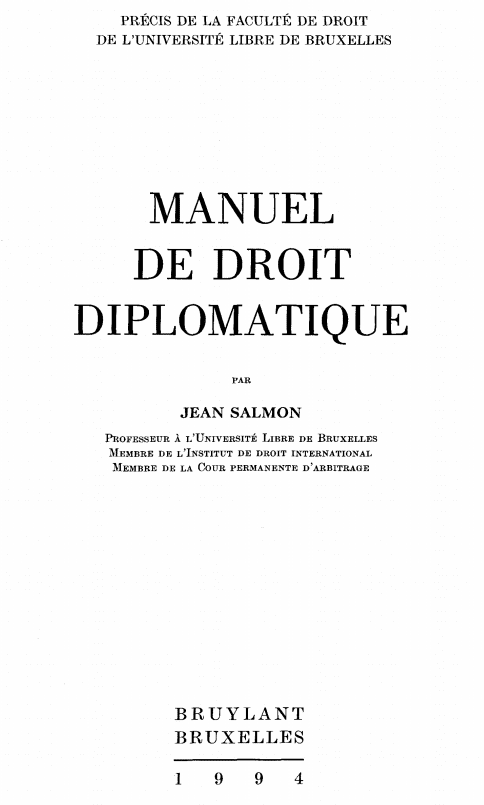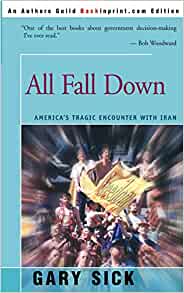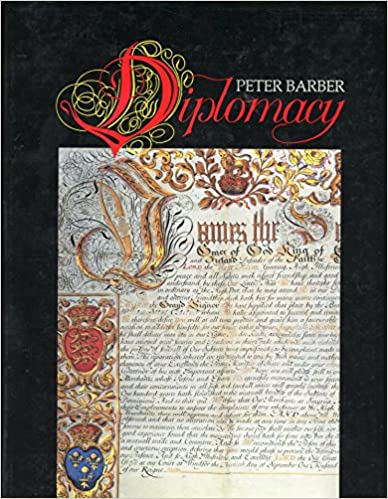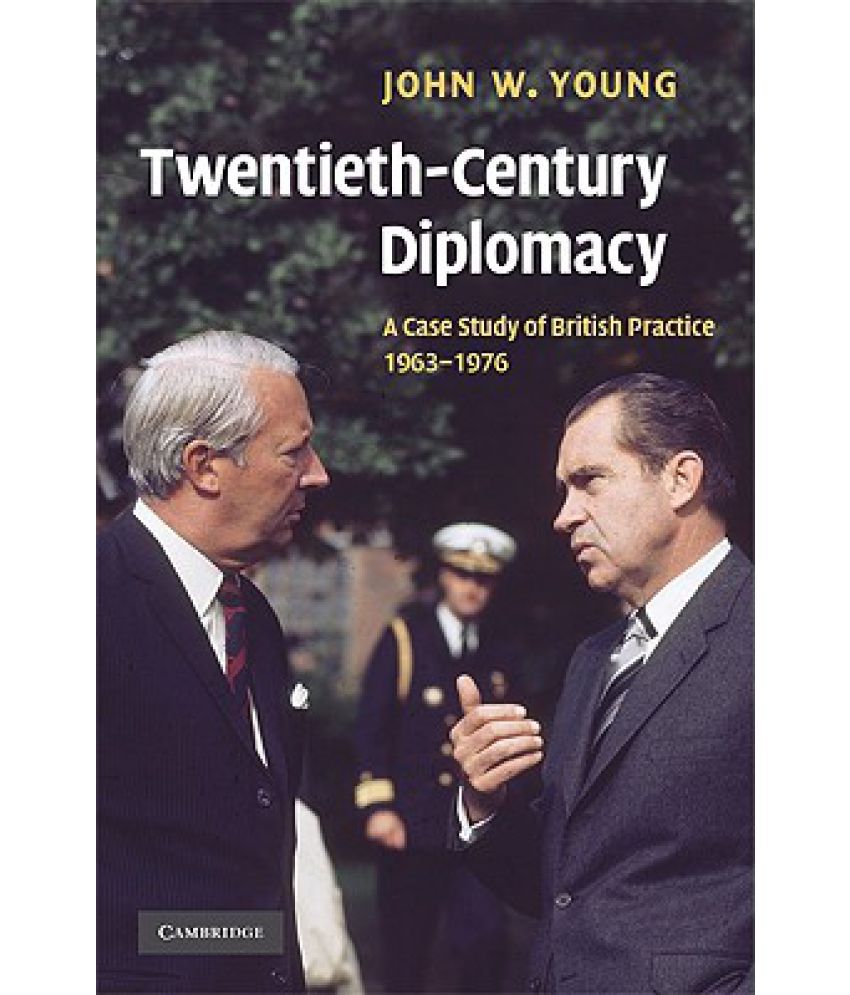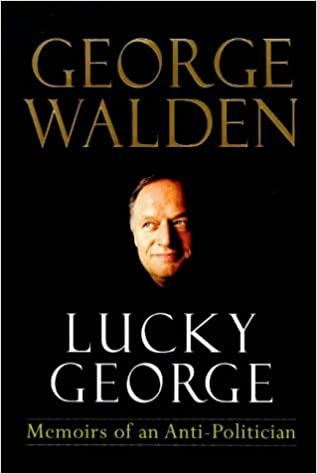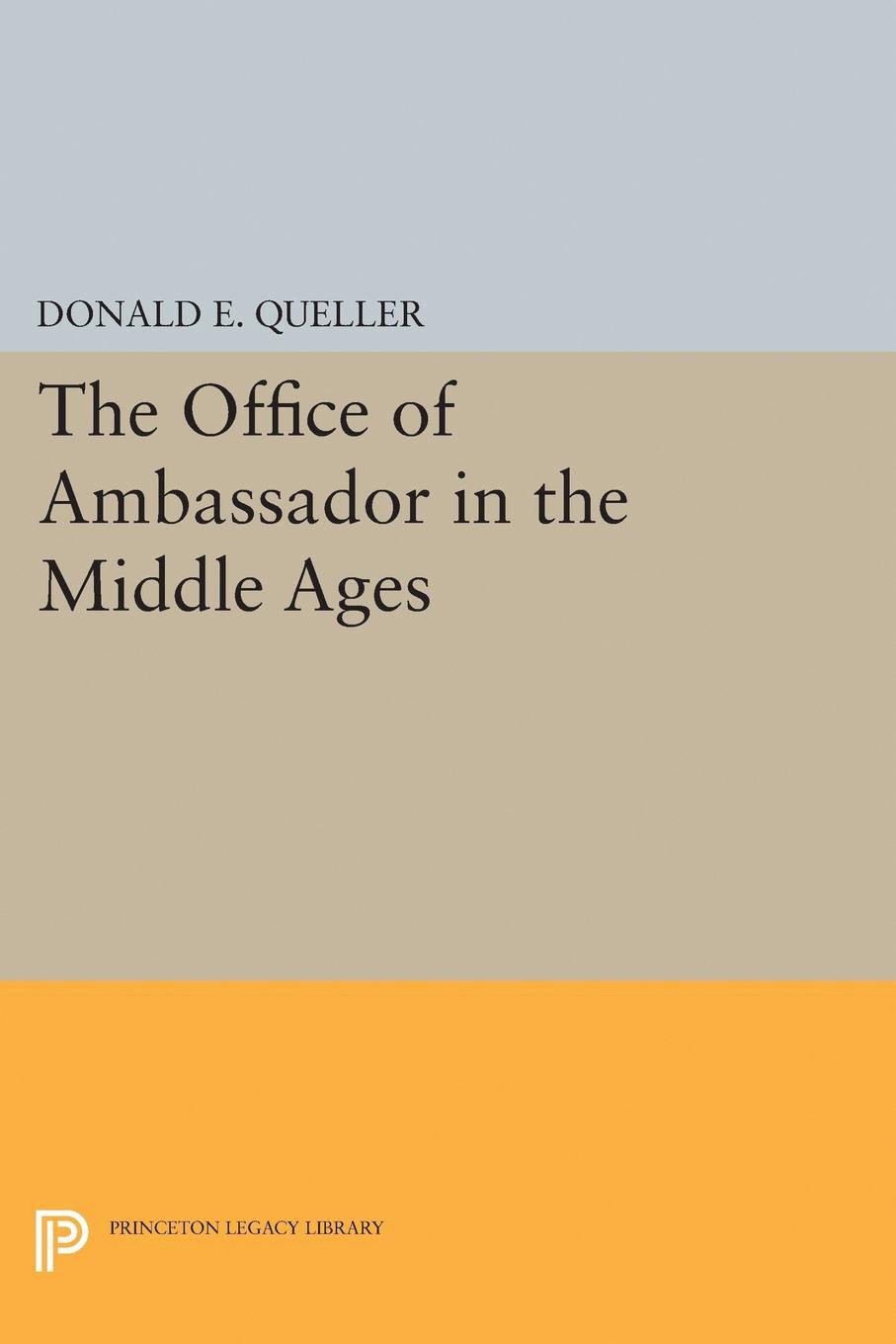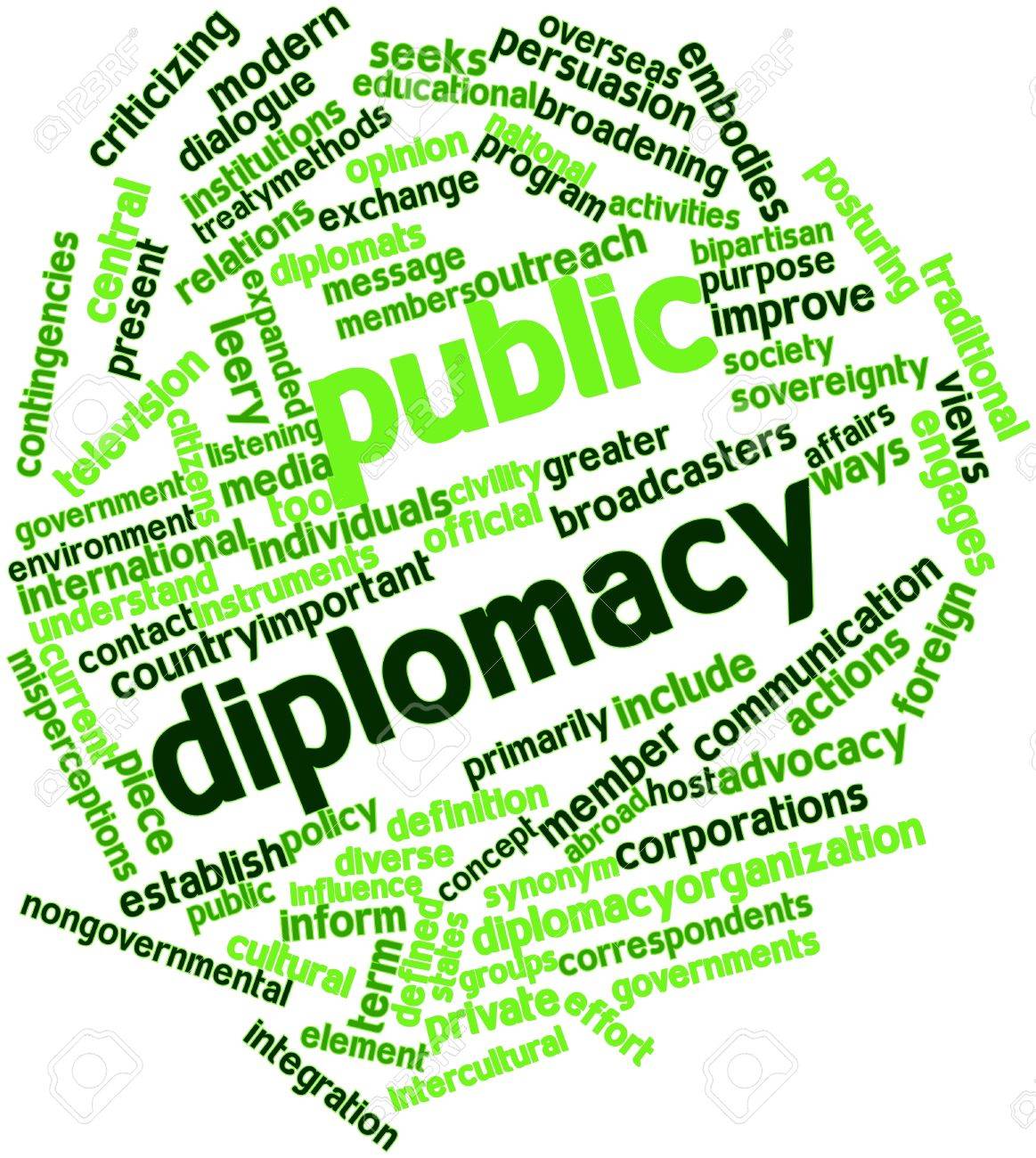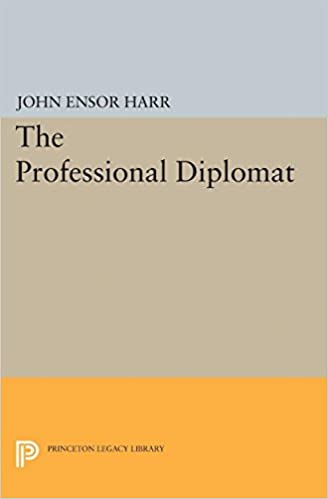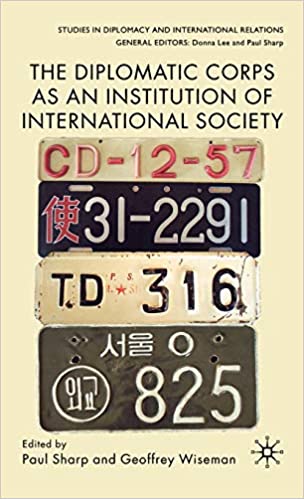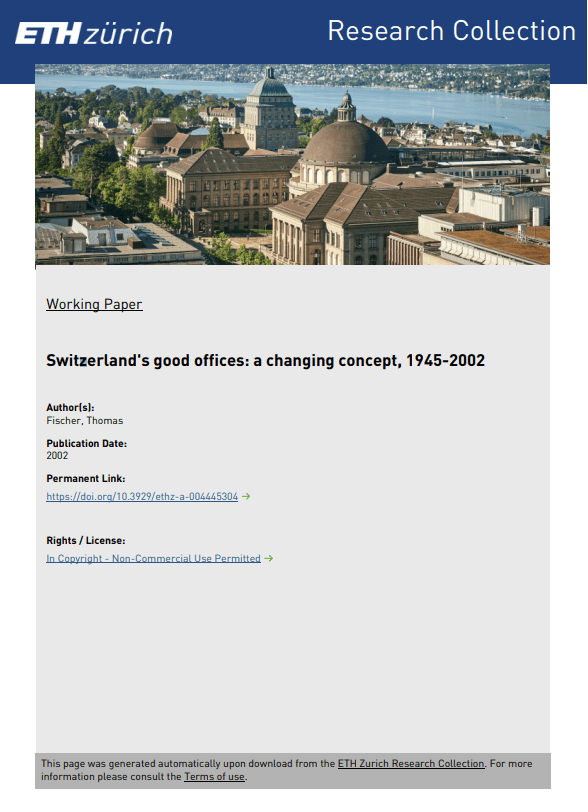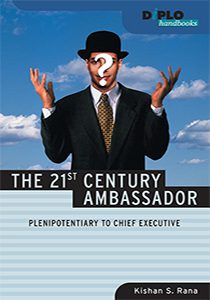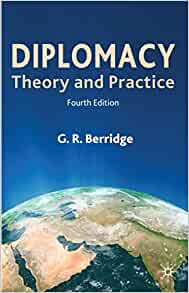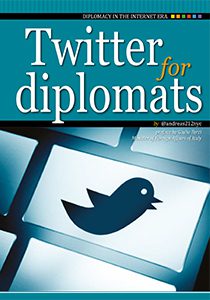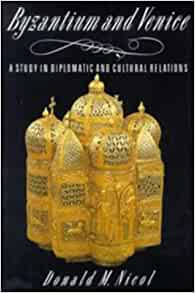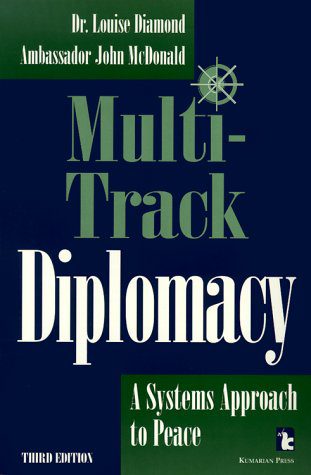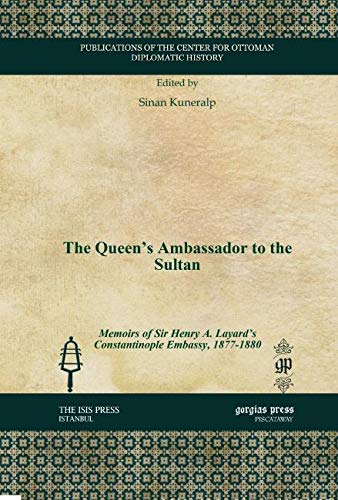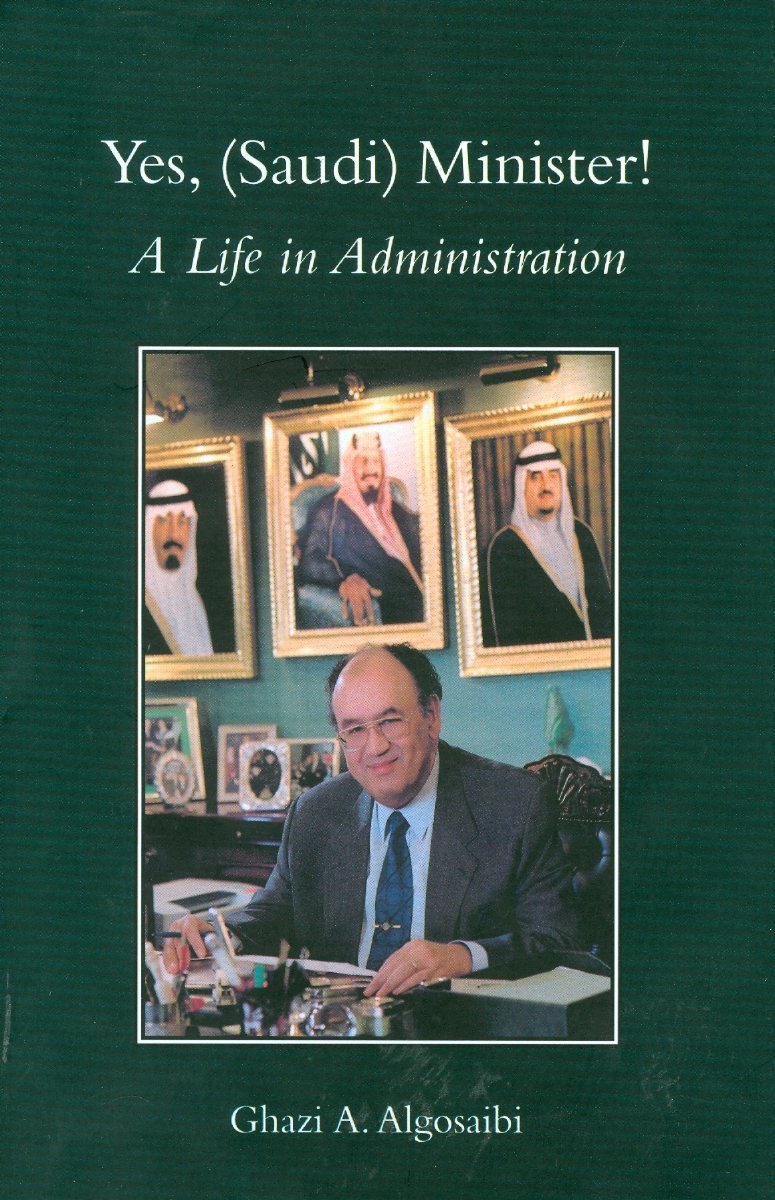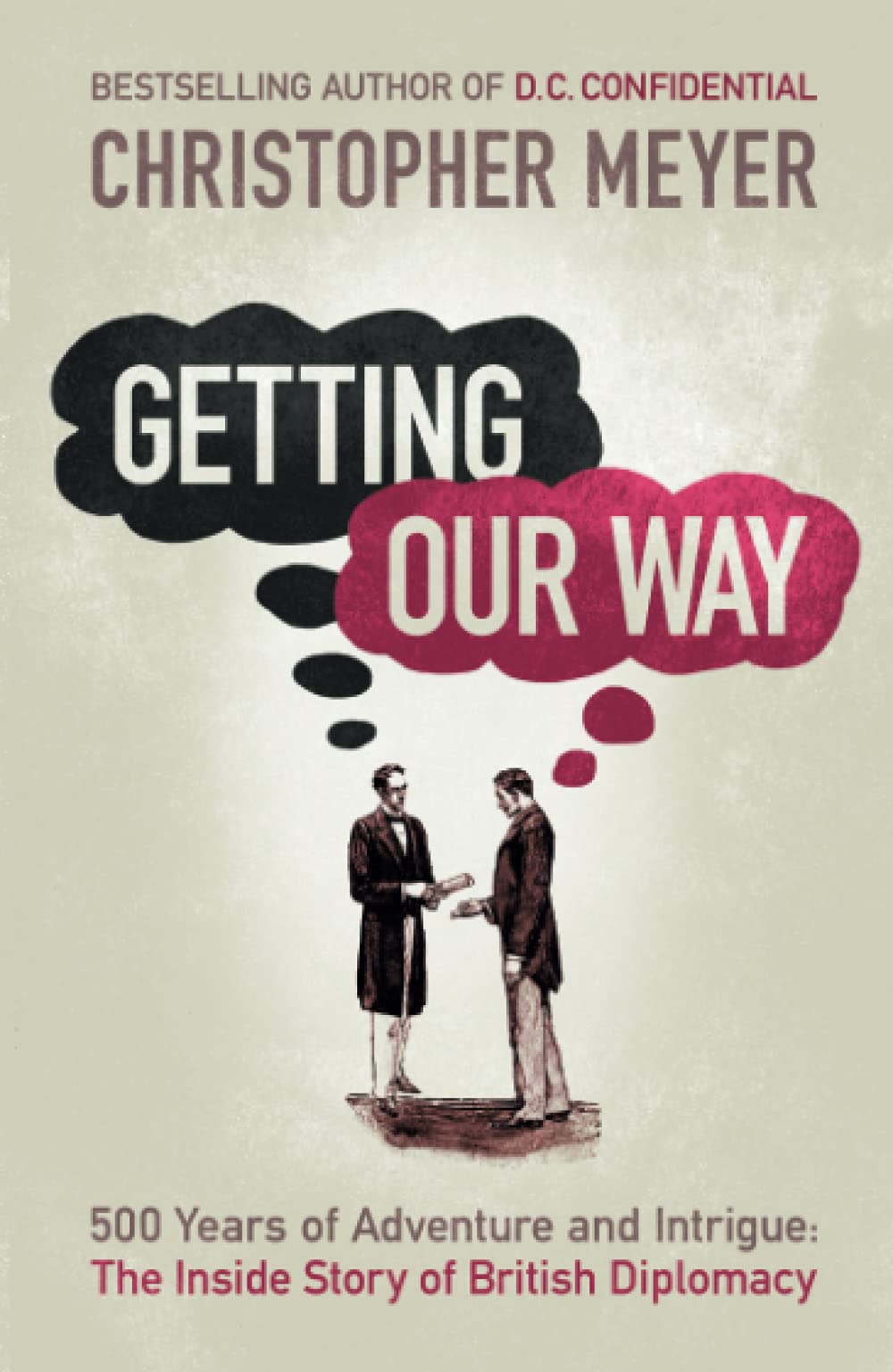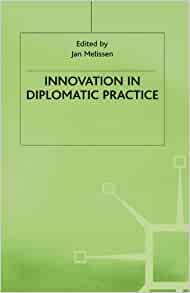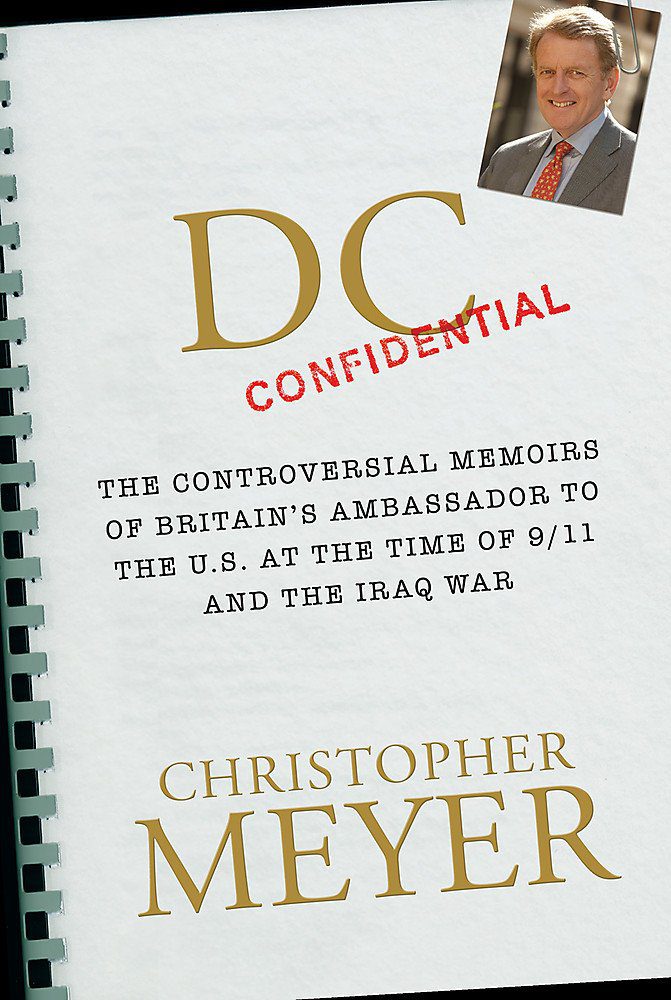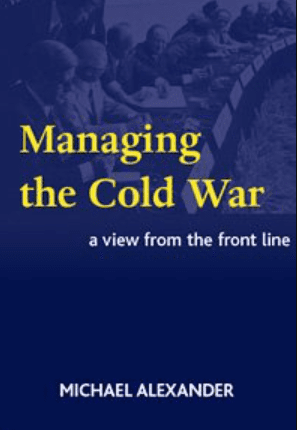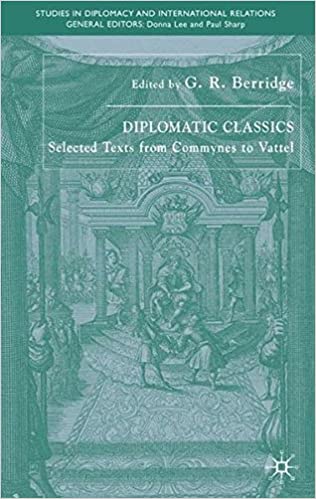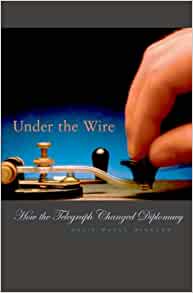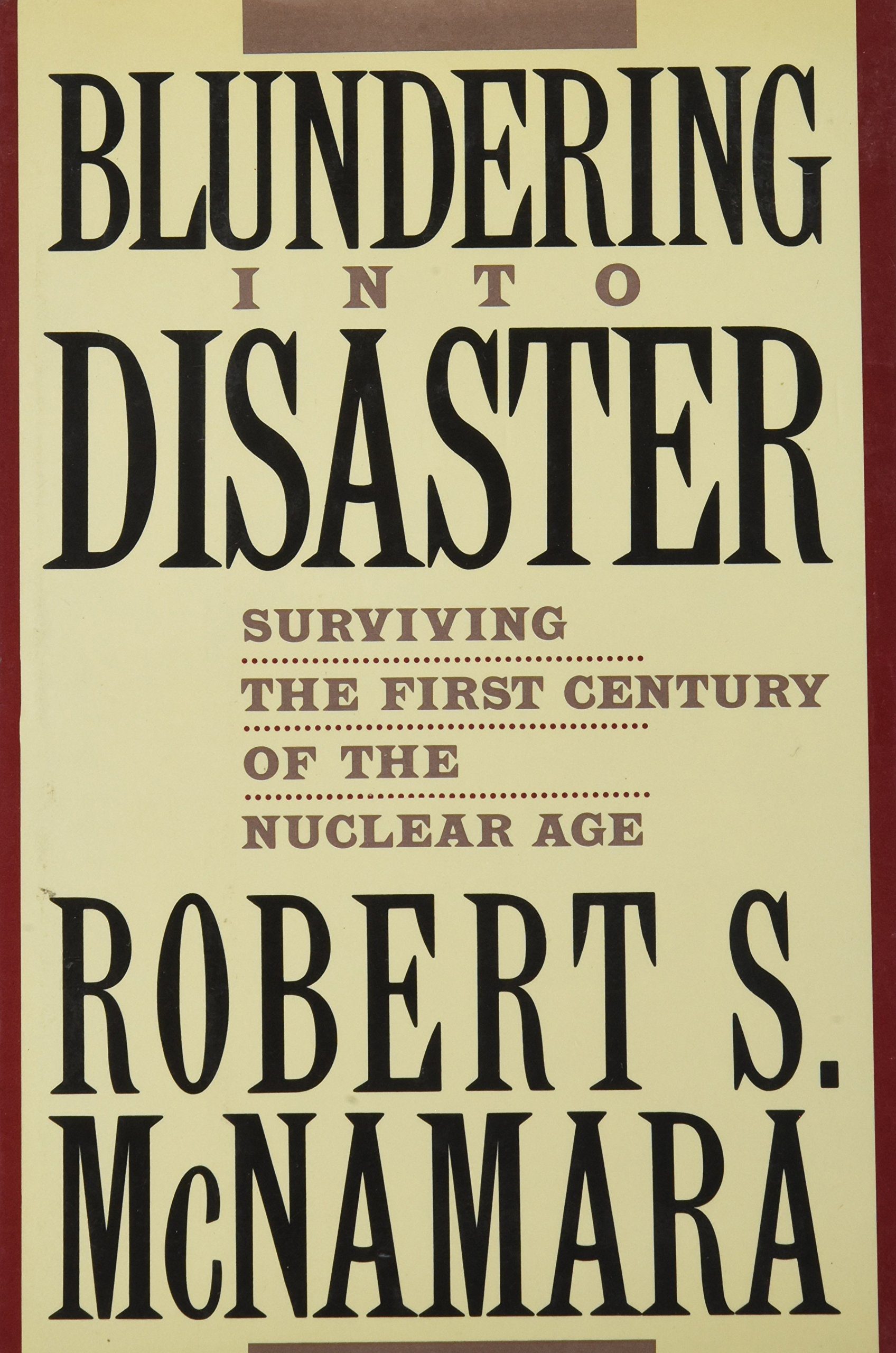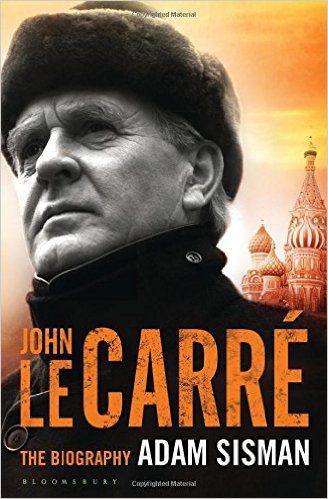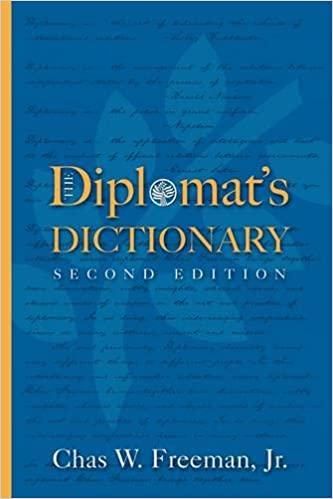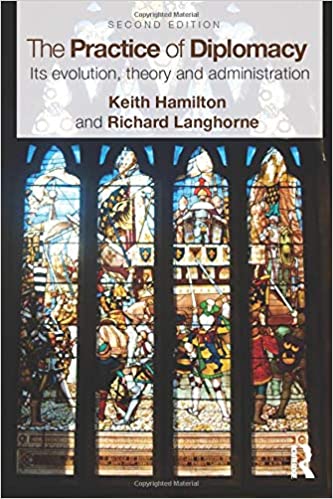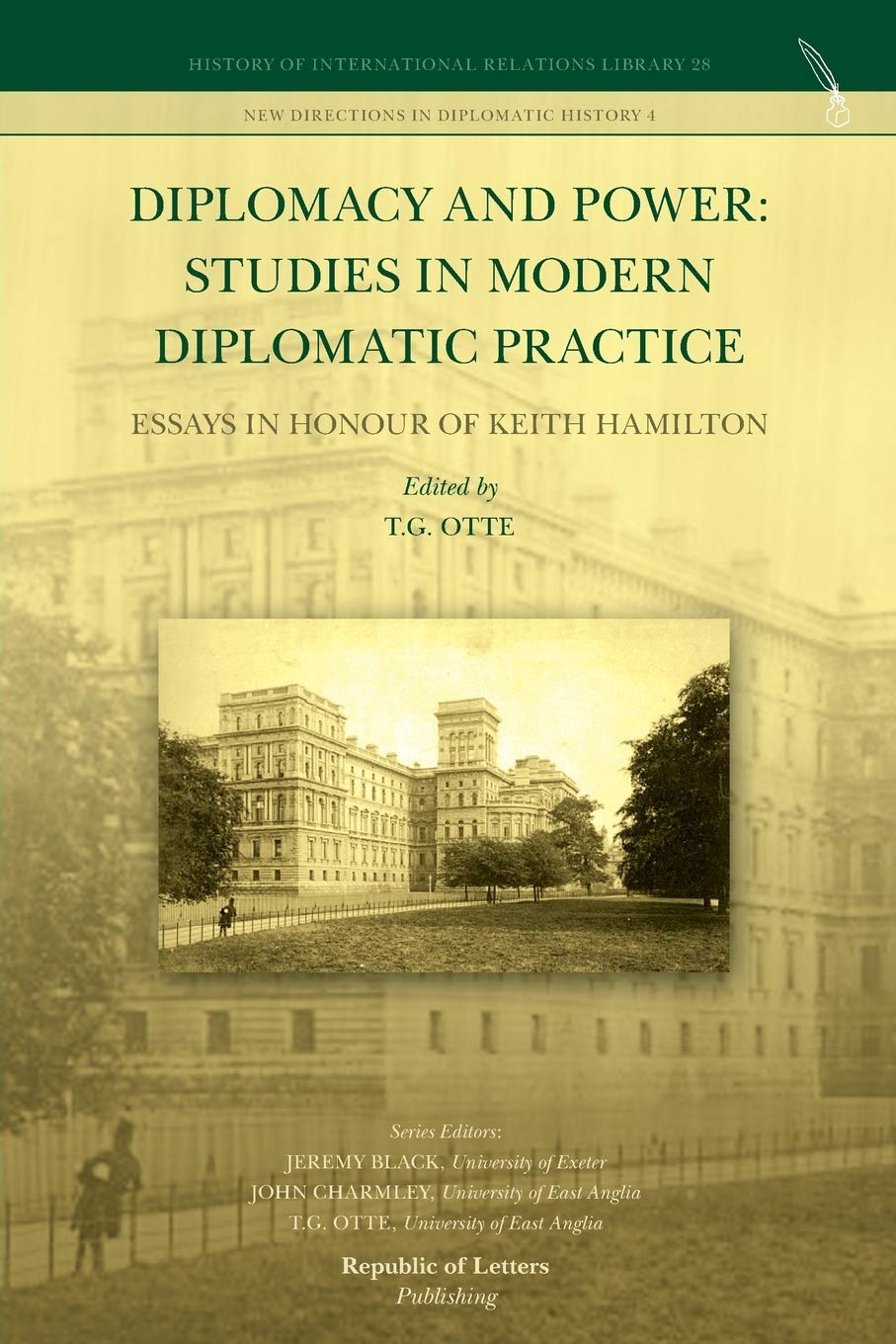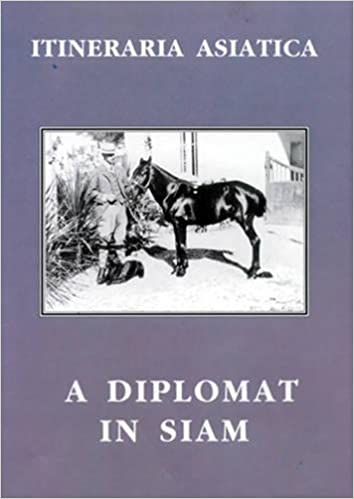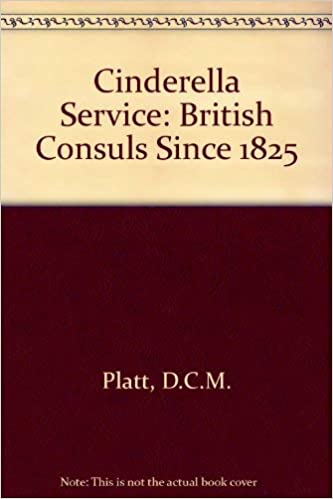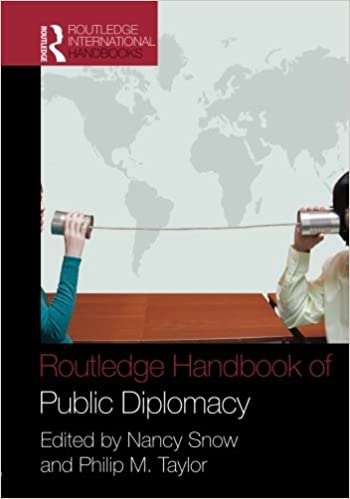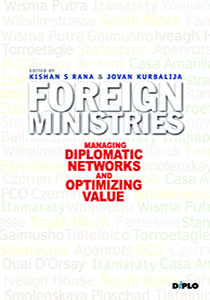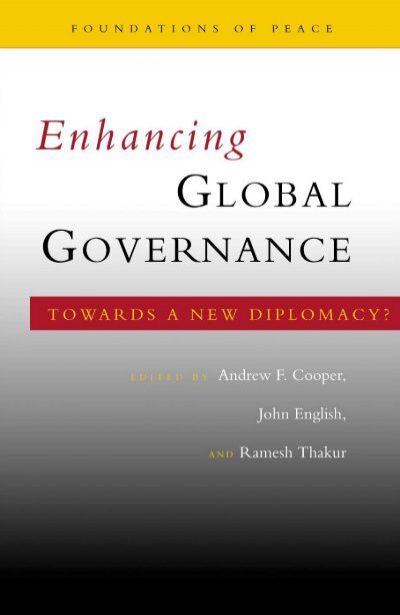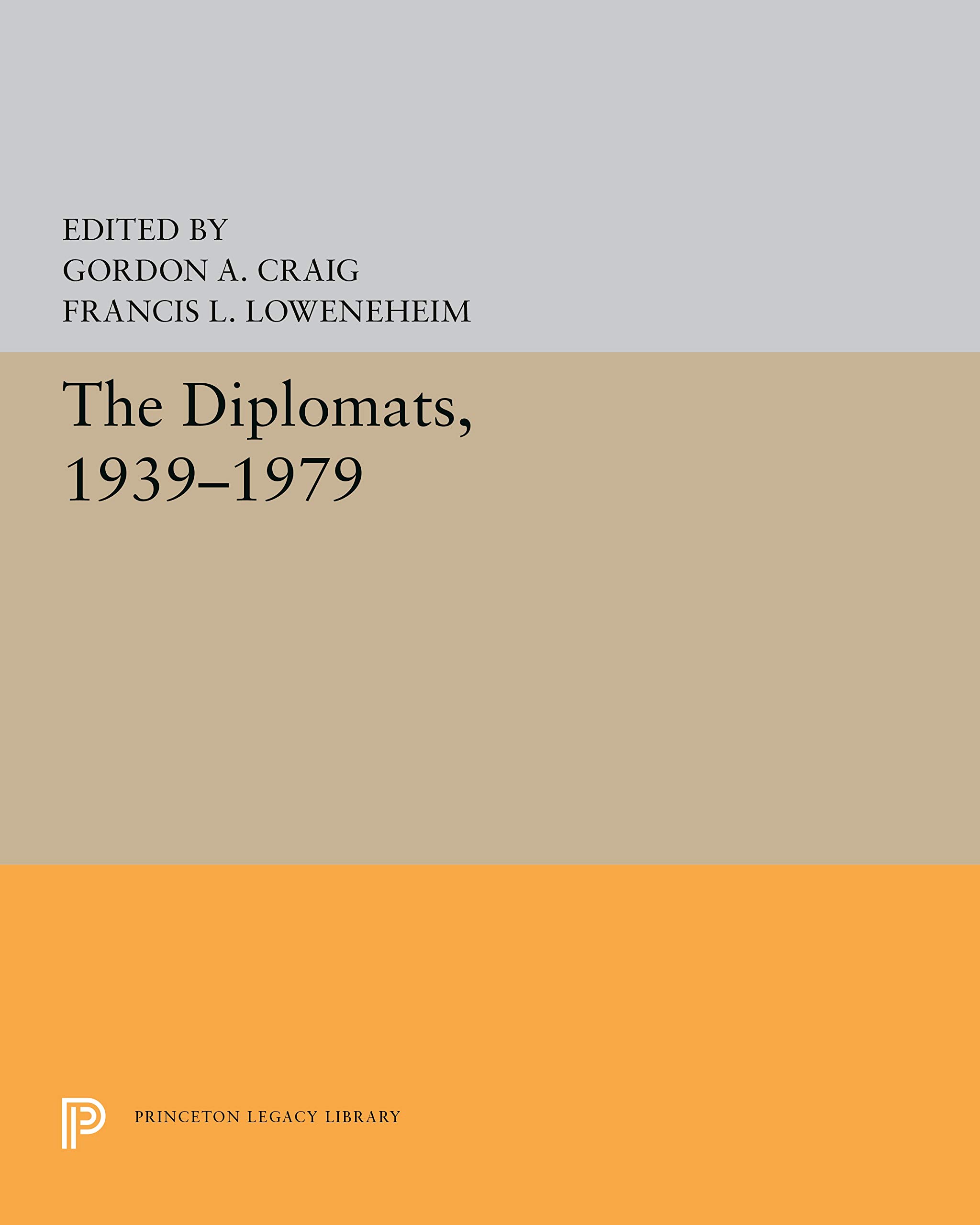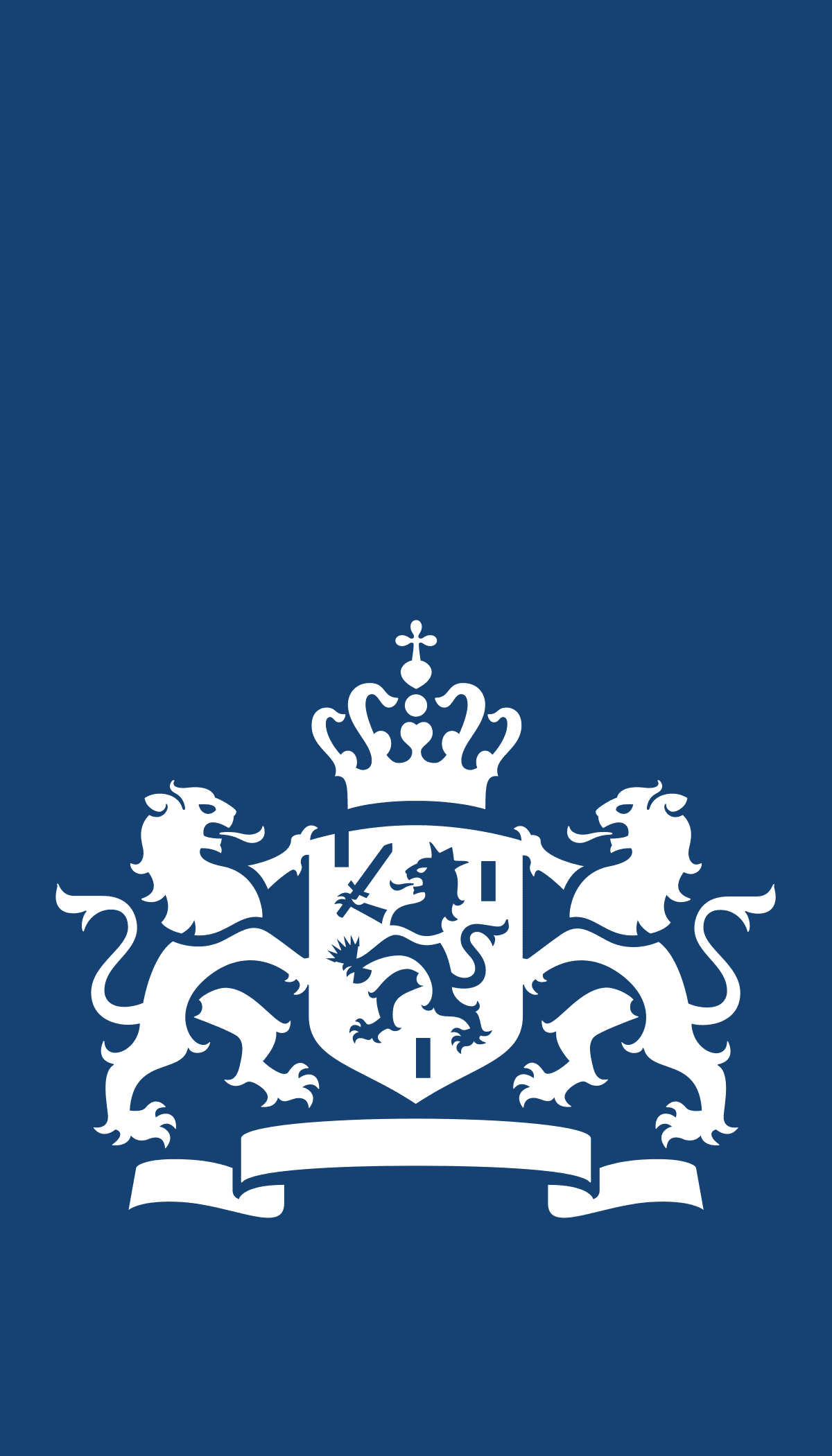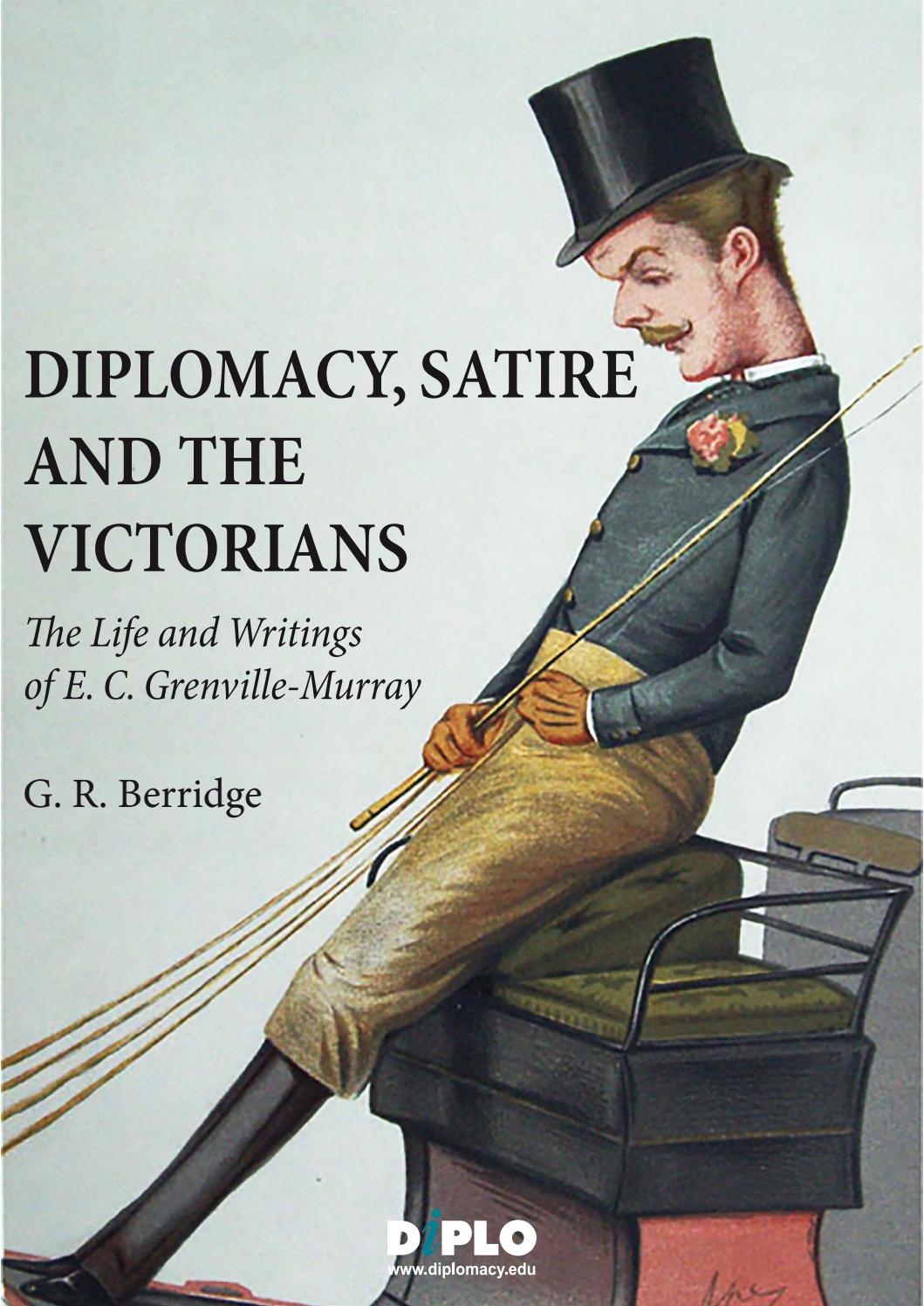I was never interested in diplomacy. My ambition and goal, from early childhood, was to become a journalist, which I actually achieved a decade and a half later. However, diplomacy entered my life much later then journalism and I would guess more or less by chance.
It was in mid-October 1987, when I started with my work as a mid-level diplomat in the then Yugoslav Foreign Ministry in Belgrade. So, roughly speaking, my diplomatic career started a quarter of a century ago, by which time Prof. Dietrich Kappeler already had spent the same amount of time in his diplomatic engagement. At the time, I did not know anything about him, and was practically an outsider in the profession that later became my vocation, activity, and hobby.
I was an outsider, in spite of the fact that I passed the diplomatic exams with almost the very best grades. Everything that I know now and have produced so far in the area of diplomacy is the result of enthusiastic, devoted, and demanding work throughout the past two and a half decades. Consequently, this was also the time during which Prof. Kappeler was slowly entering my research contemplations in this field.
In contrast to my experience with our jubilant, I met Dr Jovan Kurbalija in early 1990, a few days after he, as a novice, with a degree from the Belgrade Faculty of Law in his pocket, entered the Foreign Ministry and landed in our department. We became acquainted at the very beginning and became friends soon afterwards. We spent approximately one year together.
In early summer of 1991 I left to Klagenfurt as a consul (the last of Yugoslavia, as it soon turned out, and just as soon after, the first of Slovenia) and Jovan left for the Diplomatic Academy of Malta, where his later career took off. I am glad and proud that our friendship has managed to strengthen with the passing of time.
Scholarly contemplation
My first encounter with diplomacy as a practitioner in those Belgrade years immediately encouraged me to dwell on it theoretically, primarily generally and later also seeking for backgrounds and specifics. This led to my theorising and the consequent publishing of various articles. My first book on diplomacy (on consular relations) was published exactly a decade after I entered the profession and my latest (the fourteenth) was published in July 2012, on the twentieth anniversary of the international recognition Slovenia and its diplomacy.
When I started with my scholarly contemplation and writings, I was careful enough not to choose foreign policy but diplomacy. The former is too sensitive a research issue for a career diplomat, while the latter offers a lot of challenge, practical examples, and unlimited potential for theorising. I think one could say that I have been absorbed by diplomacy so far (being most probably by now transformed to an insider).
What diplomacy is
My first understanding of the term was diplomacy as a skill. With that, I actually fully hit upon Prof. Kappeler’s understanding, without knowing it at that time. A skilful diplomat is nothing but a persuasive one. Diplomacy as an activity followed as the next nuance and this was quite obvious for me, already a practitioner. It took a year or so before it occurred to me, listening to experienced colleagues, that diplomacy is also a profession.
Diplomats are primarily professionals, career civil servants, or bureaucrats, dealing with the implementation of foreign policy through the exercise of diplomatic functions. Even more, they (actually, we) are the only part of public administration permanently pursuing this as a full time job. This distinguishes them (us) from all others who occasionally deal with the same issues. All these three understandings radiate persuasion as the key element, as the essence of diplomacy, as we claim in this collection of papers.
Before continuing with the presentation of the evolution of my understanding of diplomacy, let me first elaborate my views on persuasion.
Where persuasion fits in
Perhaps one might say that persuasion is not just an activity, a skill, a way of doing diplomatic business, but rather a notion of diplomacy. It is a flexible concept for a broader framing of diplomacy into something not always clearly understandable, easy to catch and grasp, but a fluid understanding of what diplomats (and others occasionally engaged in this business) pursue and produce at the same time.[1] Since diplomacy is a solution-oriented and conflict-preventing way of seeking to overcome differences and to make consensus or compromise possible, it is not necessary to contemplate why there is a need for persuasion and who is to be persuaded.
How to persuade would be the next question. The most efficient way to do so, I would say, is through personal example and natural authority. This includes persuading both by words and deeds as well as direct and indirect ways of doing so. Keeping in mind that the majority of states do not possess enough power as a means of persuasion, they should rely on a soft approach to this business. This could stand out in particular when persuasion is being exercised among states that are part of the same integration framework, as in the case of the EU. At the same time, the persuasive approach is accompanied by tougher means, in particular when issues of crucial importance are at stake. One could imagine that when concluding negotiations of the next budget period in late-night sessions of the European Council, the EU member states move on from softer to harder approaches and means. The tougher the negotiations are, the more states tend to cluster among two or three and push their interests; it is quite easily the case that at the very end, the ultimatum as the final method of persuasion is employed.
Persuasion, understood as an approach, method ,and skill, for sure easily – or at all – stands out because of personal qualities of a diplomat in question, i.e. the one engaged in a process. Here, we could refer to Nicholson, who claims that an efficient, or even an ideal, diplomat (meaning also a negotiator) should derive their success from moral influence, which is founded on seven specific diplomatic virtues: truthfulness, precision, calm, good temper, patience, modesty, and loyalty.[2] Honesty and trust compose natural authority, which makes a self-confident diplomat, who knows how to encourage their counterpart, but also how to wait and let them get to know when a certain option is not adjustable. Often it is better to leave the counterpart to come to that conclusion by themselves than to rush them into such a conclusion by our eagerness. This could be an example of indirect persuasion, which as a rule is not a swift process, but a longer-lasting one.
Last but not least, one could say that good persuasion should reflect a given social context if it really aims to be successful. With this proposition we return to an understanding of diplomacy as a phenomenon.
The sociology of diplomacy
Working on my doctoral thesis, which took almost a decade (and literally a one-metre-high pile of books studied) and spanned two postings (Klagenfurt and Stockholm), a rather clear interpretation of diplomacy as an organisation articulated itself in front of me.[3] A parallel with military organisation served well for the drawing of some initial conclusions and to aggregate some characteristics of the diplomatic organisation, while Aldrich[4] and Morgan[5] offered the theoretical background to back up the case. Needless to say, Weber’s concept of bureaucratic organisation was at the core of this understanding, interpretation, and application.[6]
This was also the time when the concept of the sociology of diplomacy began to emerge in my research. Initially, I understood it as a sociological approach to the understanding of diplomacy, which emerged out of my study of sociological and organisational aspects of new diplomacies. I tried to describe it ‘as an approach and point of view for further theoretical conceptualization and empirical researches of new diplomacies, based on a) broad selection of methods, which sociology has developed so far for the study of social phenomena, and b) large practical experiences, which diplomacies of small new states have contributed during the first decade of their existence to the field’.[7]
The next decade was spent researching this new topic, conceptualising, and defining it as well as its various research aspects. The more I dwelled on the issue, the more an understanding of a social dependence of diplomacy came to the forefront. The break-even point in that process was reached with the quotation from Benko, claiming that ‘diplomacy was established in a function of a historical situation, what would mean that in different historical periods the articulation of needs and interests dictated the establishment of diplomacy and guaranteed its existence.’[8]
There is a significant and most probably also key interdependence between crucial historical periods and the way diplomacy is developing. One could claim this for the periods of the Greek city states, the medieval Italian city states, the Peace of Westphalia, the establishment of the League of Nations and the consequent end of the ancient regime as well as for the end of the Cold War and the consequent structural intensification of globalisation. Different historical situations and their social circumstances played a crucial role in shaping the mode and notion of diplomacy, its understanding, methods and form. So, generally speaking, it is a concrete social context that plays the decisive role in the way diplomacy appears and is being, accordingly, also researched.
With the end of the Cold War, this phenomenon highly increases in importance. First, one has to say that the globalisation processes gained increasingly on the structural momentum and secondly, an unprecedented revolution in both information/communication and transport technology definitively changed the historical situation and its social context. Their complexity and interdependence nowadays demand an understanding of diplomacy and its research not only with political sciences, history, law, and recently also with diplomatic studies, but furthermore with the approaches, methodology, apparatus, and reasoning of sociology. Therefore, according to my strong belief, a need for constituting the sociology of diplomacy has emerged.
The establishment of any special sociology is the result of a defined research topic (in our case the phenomena, relations, and processes within diplomatic organisation and with its environment, including diplomat as its main promotor), methodology (to a certain extent borrowed from general and similar special sociologies, like the sociology of international relations) as well as of initial research production.[9] This special sociology would focus on diplomatic topics, like recruitment, education and training, promotion, social composition of diplomacy, gender issues, diplomacy as a profession, the so-called ideal diplomat and their relation towards a current historical situation, etc. These and other topics are dealt with in my book Sociology of Diplomacy, published in July 2012.[10] As far as I can say, it was the first time that this emerging area and subdiscipline was thoroughly presented and elaborated, with contributions from various distinguished scholars and practitioners.
Diplomacy as a social process
Additionally, this was also the time when a notion of diplomacy as a process became fully clear to me. It means that I primarily and on the whole understand diplomacy as a dynamic social process, which enables foreign policy communication among subjects of international public law, and depends primarily on the changing social situation within a given historical context and is in principal relation towards the nation state.[11]
This process nature of diplomacy stems from one point of view from its social context and from another from the fact that ‘without communication there can be no diplomacy’.[12] And as Petrič claims: ‘the core of diplomacy is communication among states, conducted by special personnel’ and this ‘communication with diplomats of other states and with the representatives and foreign policy bureaucracies of those states as well as with representatives and bureaucrats of international organizations represents the main activity of diplomats.’[13],[14] At the same time, this definition is general enough to be able to encompass various aspects of defining diplomacy (like the already mentioned skill, activity, profession, and organisation as well as foreign policy, behaviour, and also its reference to being an institution of the international community and not only of nation state) and dwelling on its substance.
But when it comes to its essence, I would stick to diplomatic functions as they are defined in the Vienna Convention on Diplomatic Relations. They have been formulated quite precisely, but at the same time broadly enough to be able to survive half a century, without any clearly exercised determination of states to adapt them. This, however, does not mean these functions have not gone through a process of change.
The ratio of diplomats to negotiations
Representing the sending state in the receiving state is today much different than it was half a century ago or even earlier, but still serves its main purpose. Consular protection is increasing in importance due to the increased possibility to travel around the globe and to do business practically everywhere. Observing (by legal means) and reporting to the governments of sending states is increasing in importance as well, in particular due to complex societies and the growing difficulty to influence governments and their policies. Negotiations, historically the very heart of diplomatic activity, witness an increase in the number of experts – non-diplomats taking part in the process, while diplomats arrange the environment and conditions for it. One could even say that as the amount of negotiations is increasing, the proportion of diplomats included is decreasing. Using each opportunity to deepen friendly relations among states and people remains an indispensable part of this profession.
So, finally, after this discourse, where do I see persuasion in diplomacy and how do I understand it?
Persuasion in diplomacy
Let me first try to say that its amount and level of practical use depend on its social context, too. The exercise of persuasion took a much different shape in the era of classic diplomacy, such as in the time of overseas mercantilist expansion of the western powers, than is the case at the beginning of the twenty-first century. This is due to the changed structure of the international community and the way actors appear and function as well as a much diversified set of actors (state, non-state, private sector, civil society, media, individuals, etc.). I would say the contemporary highly complex and sophisticated interdependent international community cannot primarily rely on the use of force and exercise of power (this, of course, does not mean that it is no longer present or in use).
Manoeuvring space
Persuasion as a method and approach is being exercised by many different actors, not only by professional diplomats, which shows the high degree of its usage, efficiency and potential. Furthermore, it demonstrates the universality of diplomatic engagement as such. Diplomacy is a skill, present in daily life, used practically all the time. But due to the current social context there is much more manoeuvring space for the applicability of persuasion and its efficiency than there was, for example, a century or even longer ago. In particular, non-state actors like NGOs and media with their appearance and activity reduce significantly the manoeuvre space, where a hard line, ultimatum approach used to be in place. However, the pressure of lobbies still remains a method of persuasion, but overall their approach in a form of pure pressure has decreased.
Persuasion and pressure
Secondly, it is important to always distinguish between persuasion and pressure. Theoretically speaking, every attempt at persuasion could be interpreted also as pressure, but in practice this is far from true. Persuasion presupposes a rather broad area of operation in an open, trustworthy, and reliable atmosphere, where the main goal is generally defined and is solution-oriented, keeping in mind the general good and the benefit of all parties included. Pressure, on the contrary, follows the clearly defined goal of the dominant party, with a straightforward and rather dominant approach, where the interests of others are primarily taken into account only to the extent to which they serve the needs of the dominant side. One could say that in the current globalised society, far fewer situations appear where such an approach could prevail, primarily due to the social context. The role of media and the critical voice of NGOs both limit the modus operandi of a hard power pressure approach, or at least minimise the long-term results of its usage.
Off the record
Thirdly, one should bear in mind that persuasion is a method of working behind doors, off the record, without publicity. This is the only way that it can be successful. When persuasion goes public, it immediately becomes pressure. Sometimes, going public could be a way of doing the business of negotiations, to add pressure to the whole process. But still, even in such cases, persuasion is what remains behind the curtain. Not for the sake of pure secrecy, but for the sake of the atmosphere, of trust, and to avoid the fact that situations where options are given, taken, and refused, would become widely known. To refuse an option could sometimes provoke humiliation and destroy the process, but if it is being done behind the curtain and leads to a final result, then it is no longer important. But, alas, it would have been, had the process been public.
Finally, the current social context is not always favourable for these nuances. An enormous media web is timelessly on the prowl for information, and it is highly demanding to keep any process secret. At the same time, as already pointed out, the same media complex is vigilant, ready to uncover pressure activities. In this intersection, I see the crucial role of the social context both for the persuasion process as well as for a comprehensive understanding of diplomacy.
[1] Jönsson and Hall claim that diplomacy »in a sense constitutes and produces international society. Jönsson C and Hall M (2005) Essence of Diplomacy. Basingstoke, UK: Palgrave, p.37.
[2] Nicolson H (1988) Diplomacy. Washington: Georgetown University, pp. 55–67.
[3] For more on the understanding of diplomatic organization, see Jazbec M (2001) Diplomacies of New Small States: the Case of Slovenia with some comparison from the Baltics. Aldershot: Ashgate, pp. 147–198.
[4] Aldrich EH (1979) Organizations and Environments. New York: Prentice Hall.
[5] Morgan G (1989) Creative Organization Theory: A Resourcebook. London: Sage Publications.
[6] Ibid. pp. 49–50.
[7] Jazbec M (2001) Diplomacies of New Small States: the Case of Slovenia with some comparison from the Baltics. Aldershot: Ashgate, pp. 207–208.
[8] Benko V (1998) Mesto in funkcije diplomacije v razvoju mednarodne skupnosti (The Place and Functions of Diplomacy in the Development of the International Community), in Jazbec M(Ed.) (1998) Diplomacija in Slovenci (Diplomacy and Slovenes). Klagenfurt: Založba Drava Verlag, pp. 39–58.
[9] For the latter, apart from Jazbec M (2001) Diplomacies of New Small States: the Case of Slovenia with some comparison from the Baltics. Aldershot: Ashgate, compare also Digol D (2010) Emerging Diplomatic Elites in Post-Communist Europe. Saarbrücken: VDM Verlag dr. Müller, as well as Jazbec M et al. (2010) Equal Opportunities in the Slovenian Diplomacy. Ljubljana: Scientific Research Centre of the Slovenian Academy of Science and Arts, and Ministry of Foreign Affairs.
[10]Jazbec M (Ed.) (2012) Sociologija diplomacije (Sociology of Diplomacy). Ljubljana: Fakulteta za družbene vede. Its revised and expanded forthcoming English edition is to appear in autumn 2013.
[11] Jazbec M (2012) Uvodna študija (Introductory Study), in: Jazbec M (2012) Jazbec M (Ed.) (2012) Sociologija diplomacije (Sociology of Diplomacy). Ljubljana: Fakulteta za družbene vede, p.13.
[12] Jönsson and Hall claim that diplomacy »in a sense constitutes and produces international society. Jönsson C and Hall M (2005) Essence of Diplomacy. Basingstoke, UK: Palgrave, p.37.
[13] Petrič E (2010) Zunanja politika: osnove teorije in praksa (Foreign Policy: Theoretical Foundations and Practical Aspects). Mengeš, Ljubljana: Center za evropsko prihodnost in Znanstveno-raziskovalni center Slovenske akademije znanosti in umetnosti. For more on diplomacy as communication compare Jazbec, Milan, Osnove diplomacije (Diplomatic Handbook), 2009, Ljubljana, Fakulteta za družbene vede, pp. 125–177.
[14] For more on diplomacy as communication compare Jazbec M (2009) Osnove diplomacije (Diplomatic Handbook). Ljubljana: Fakulteta za družbene vede, pp. 125–177.
